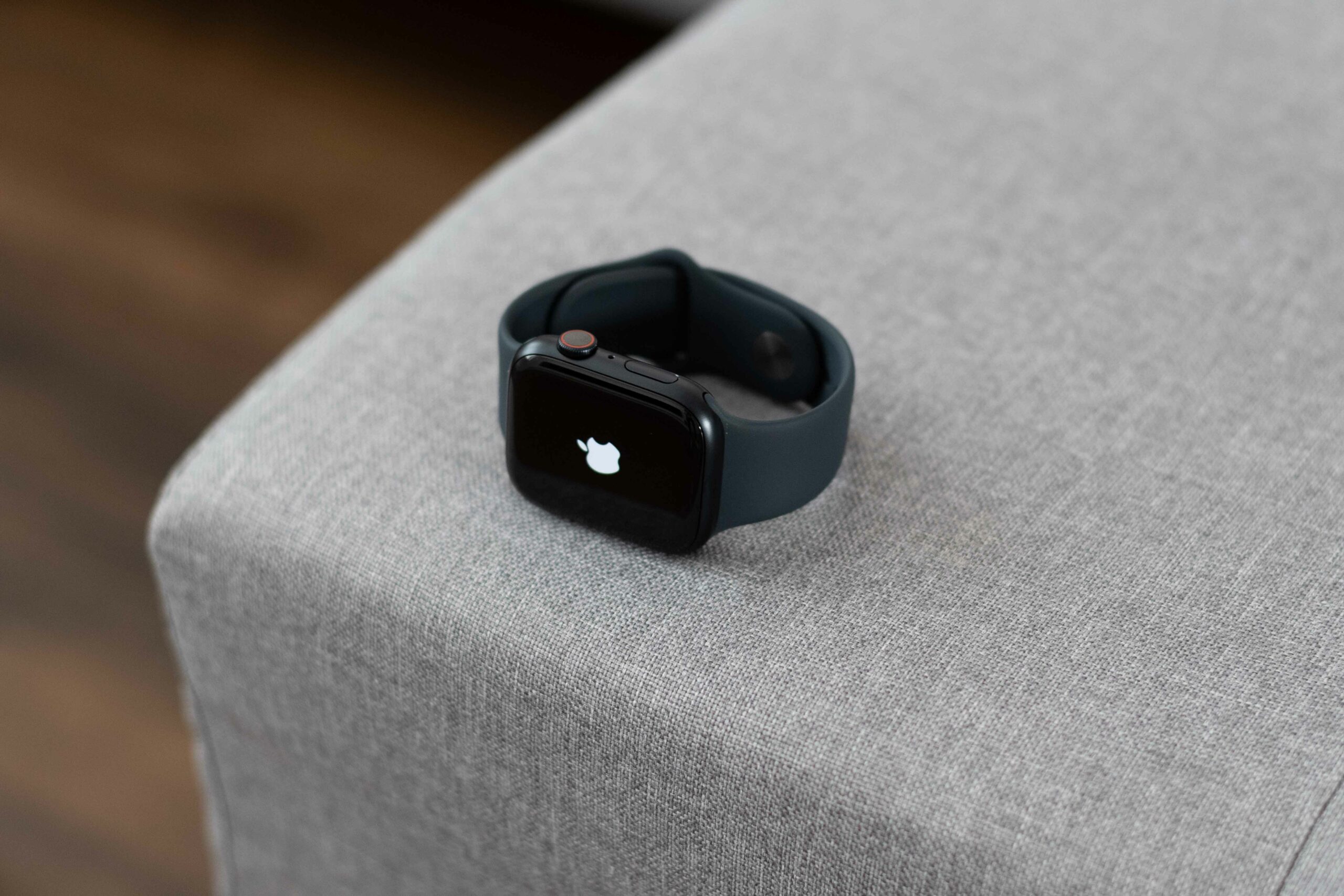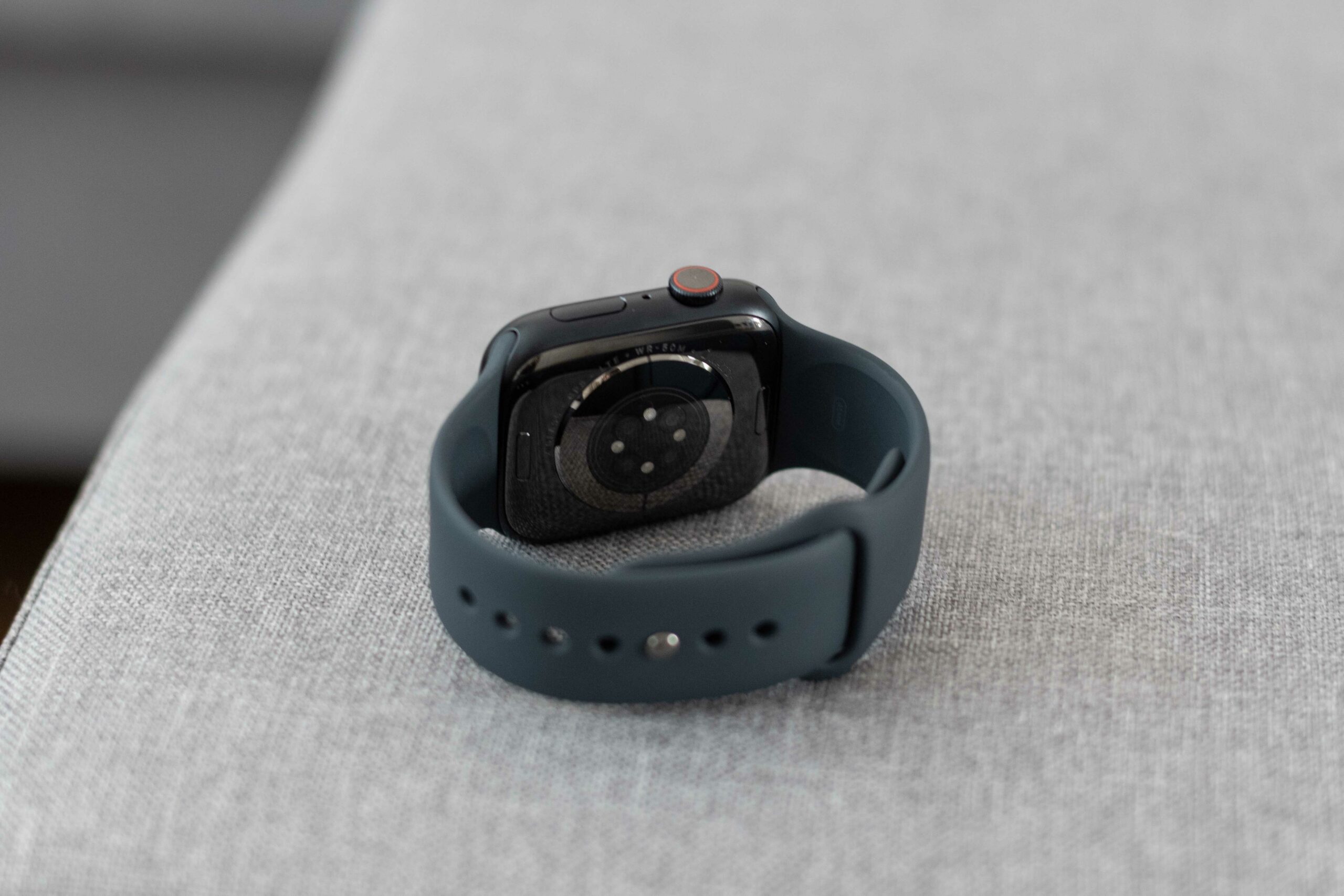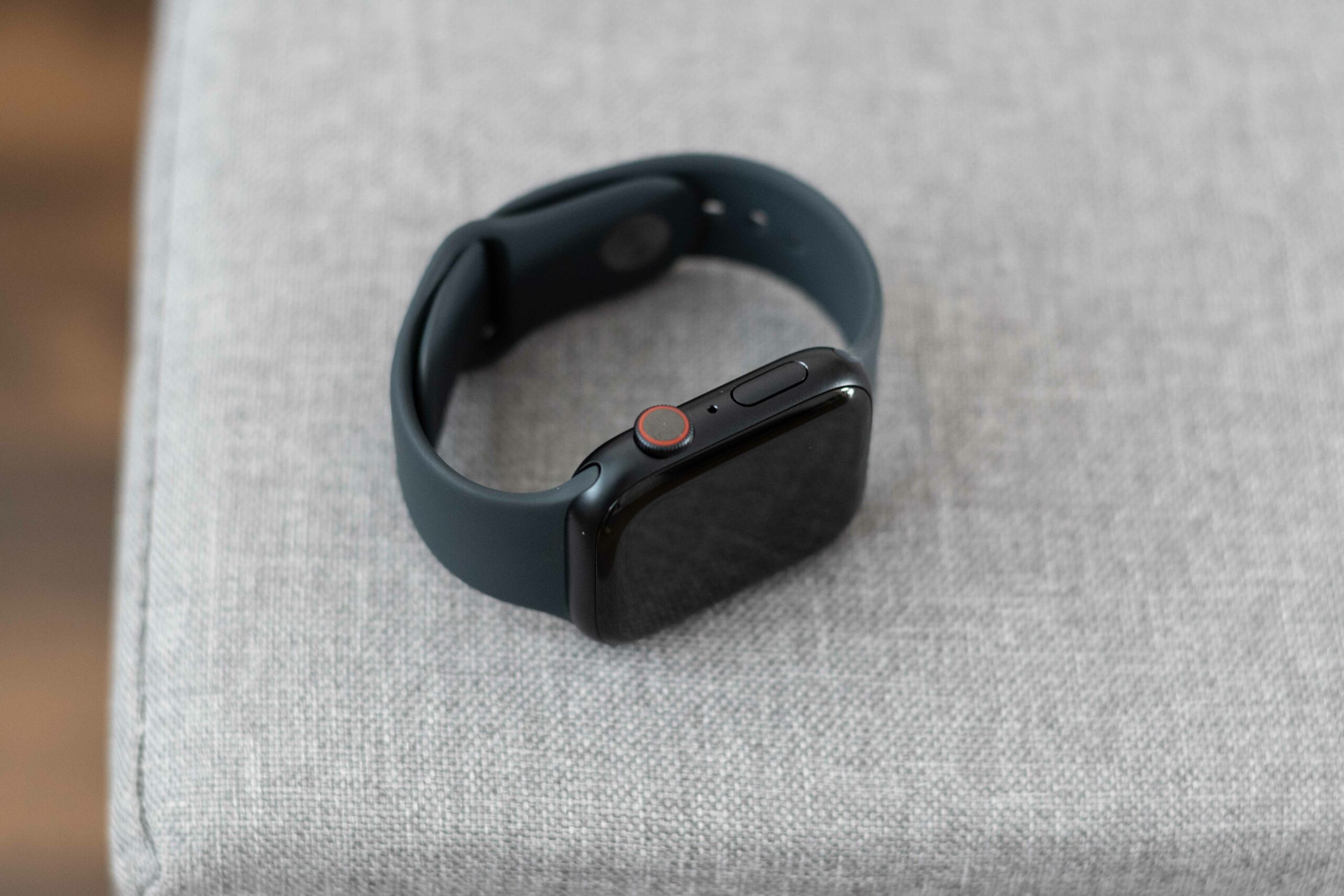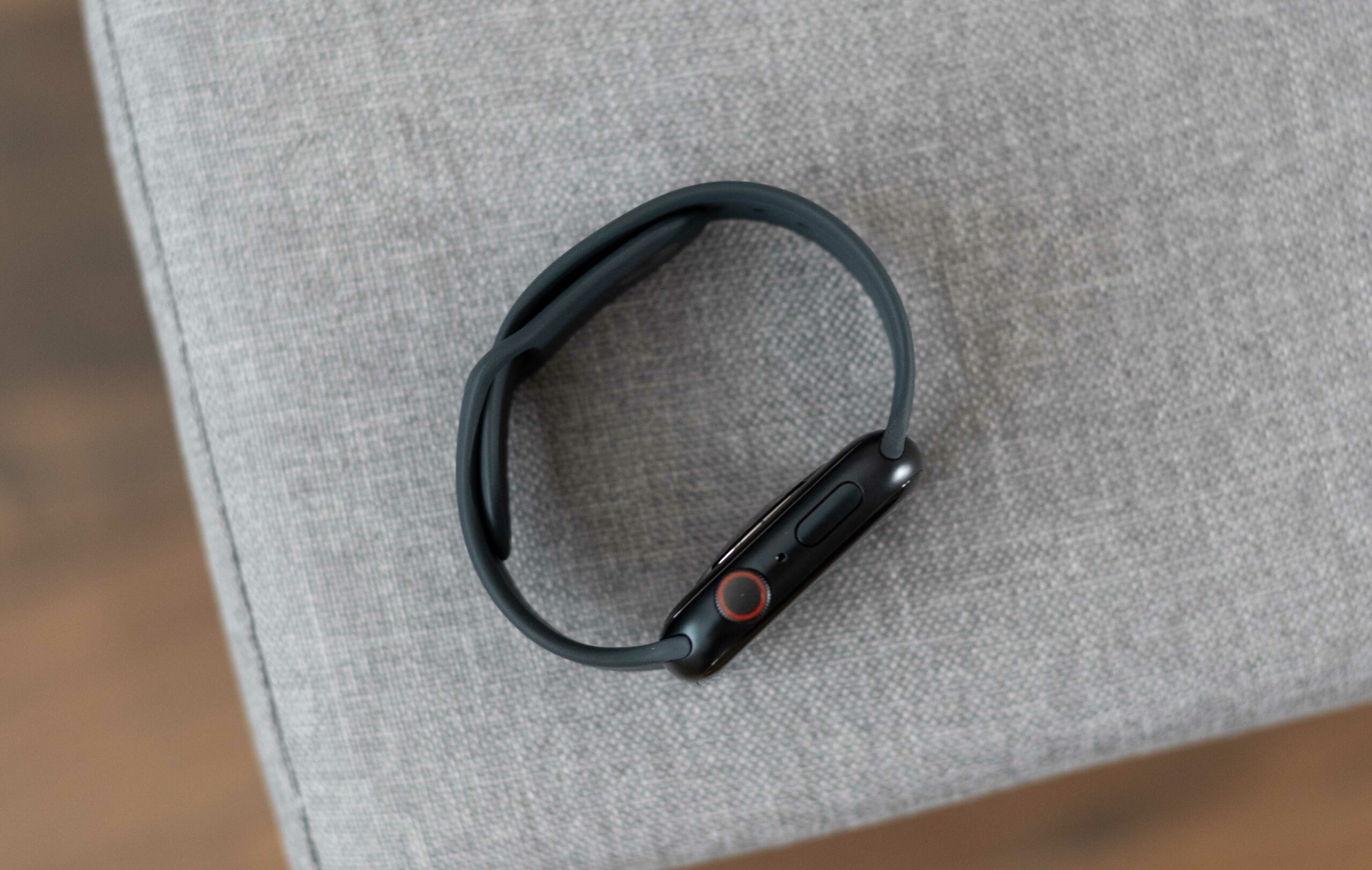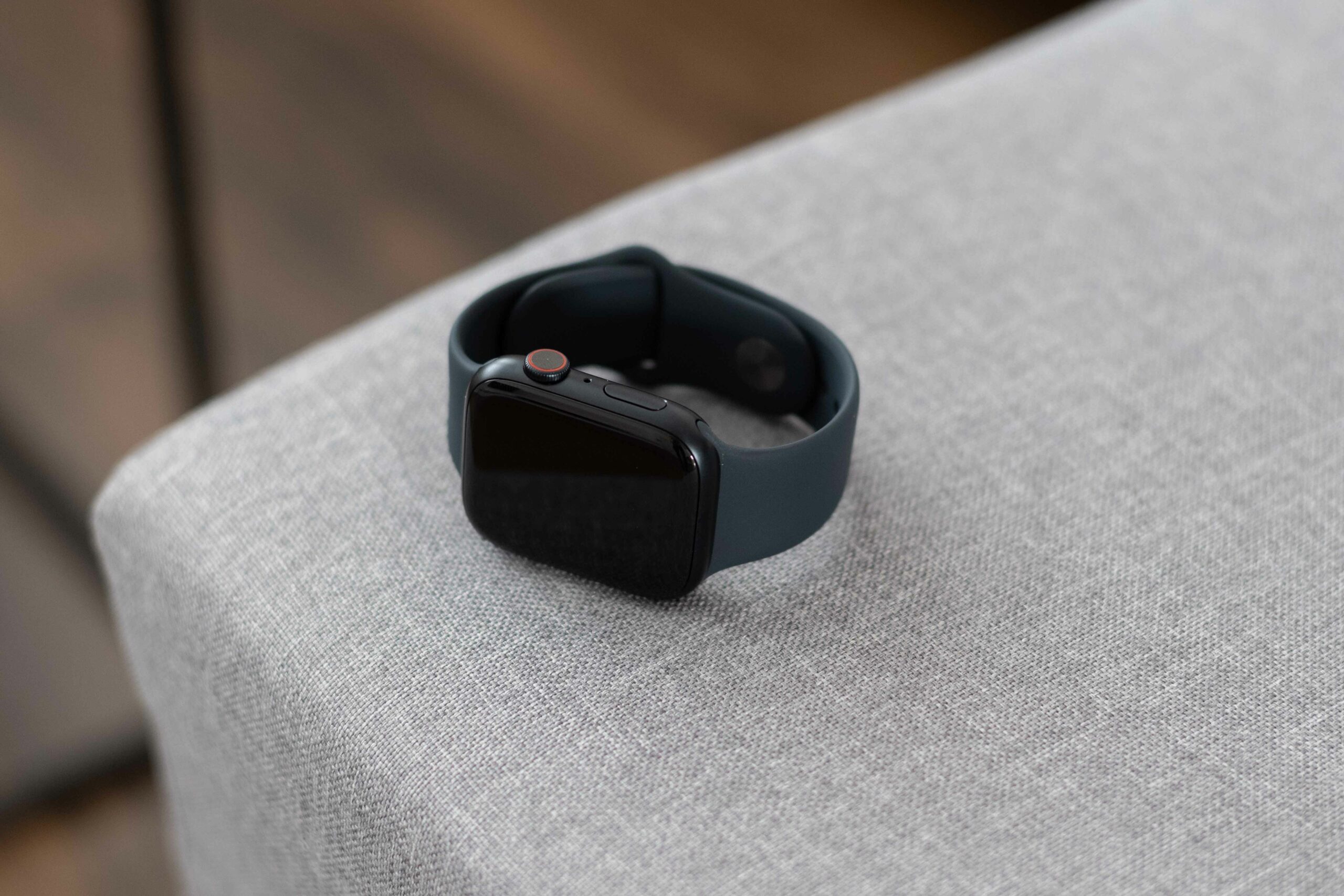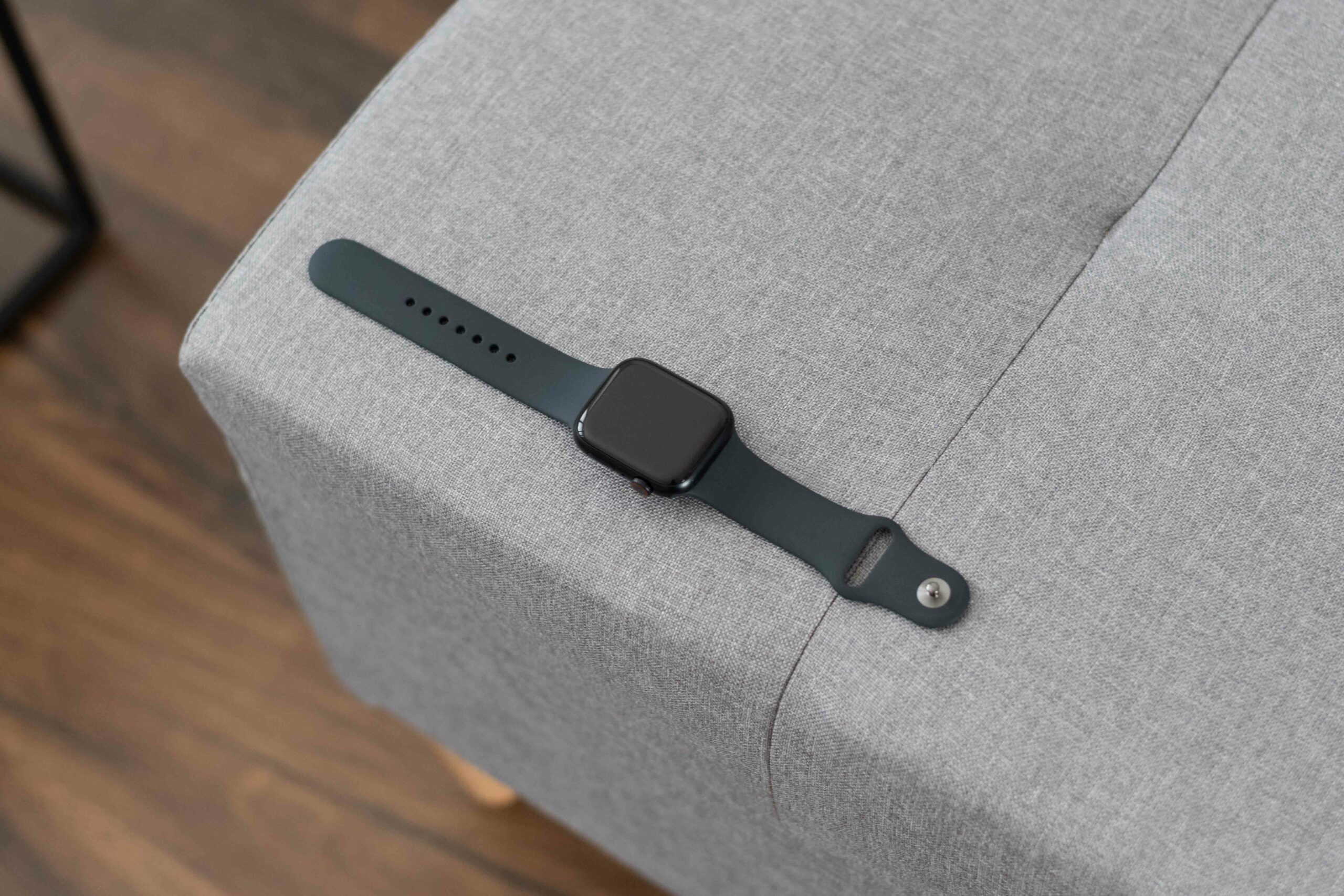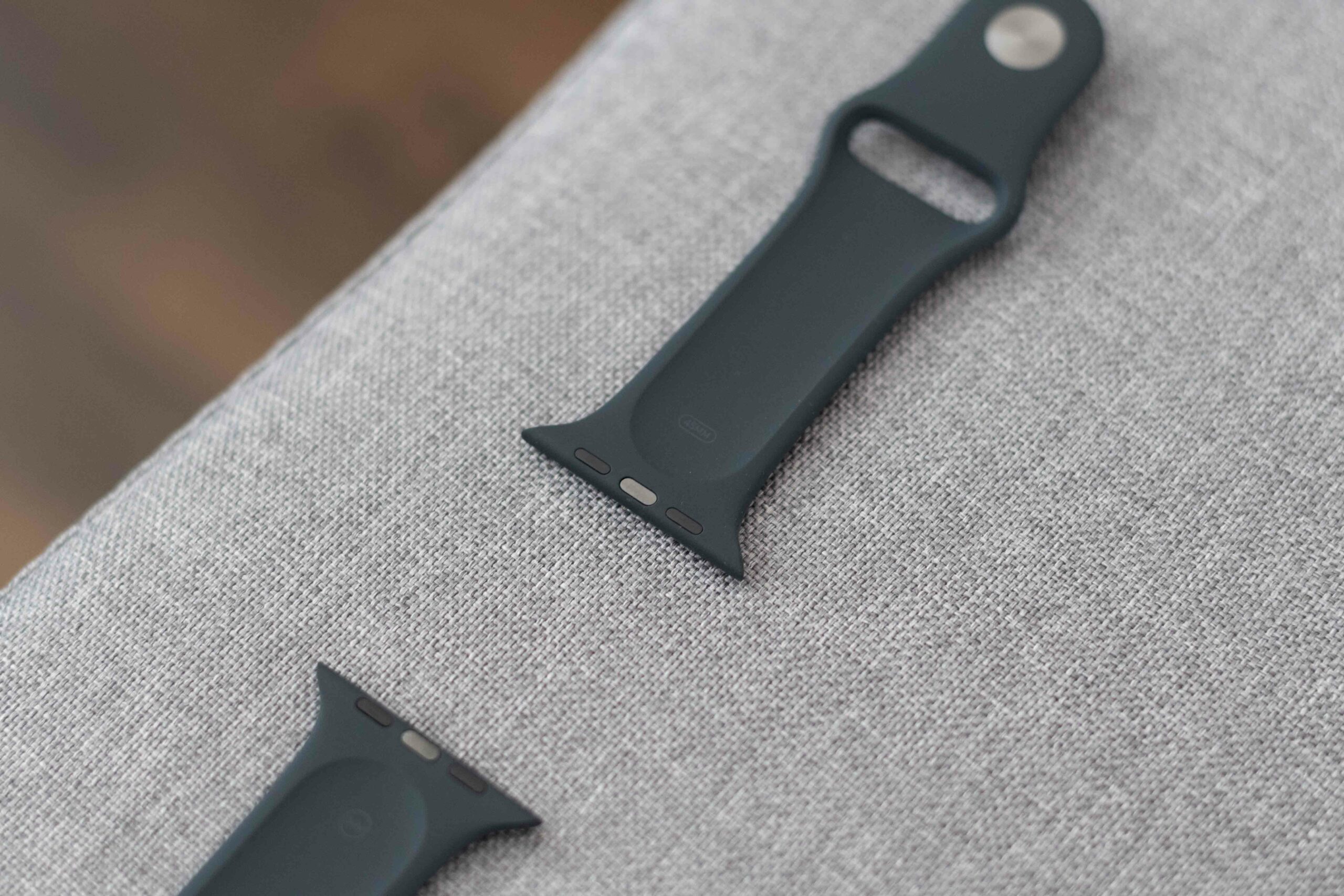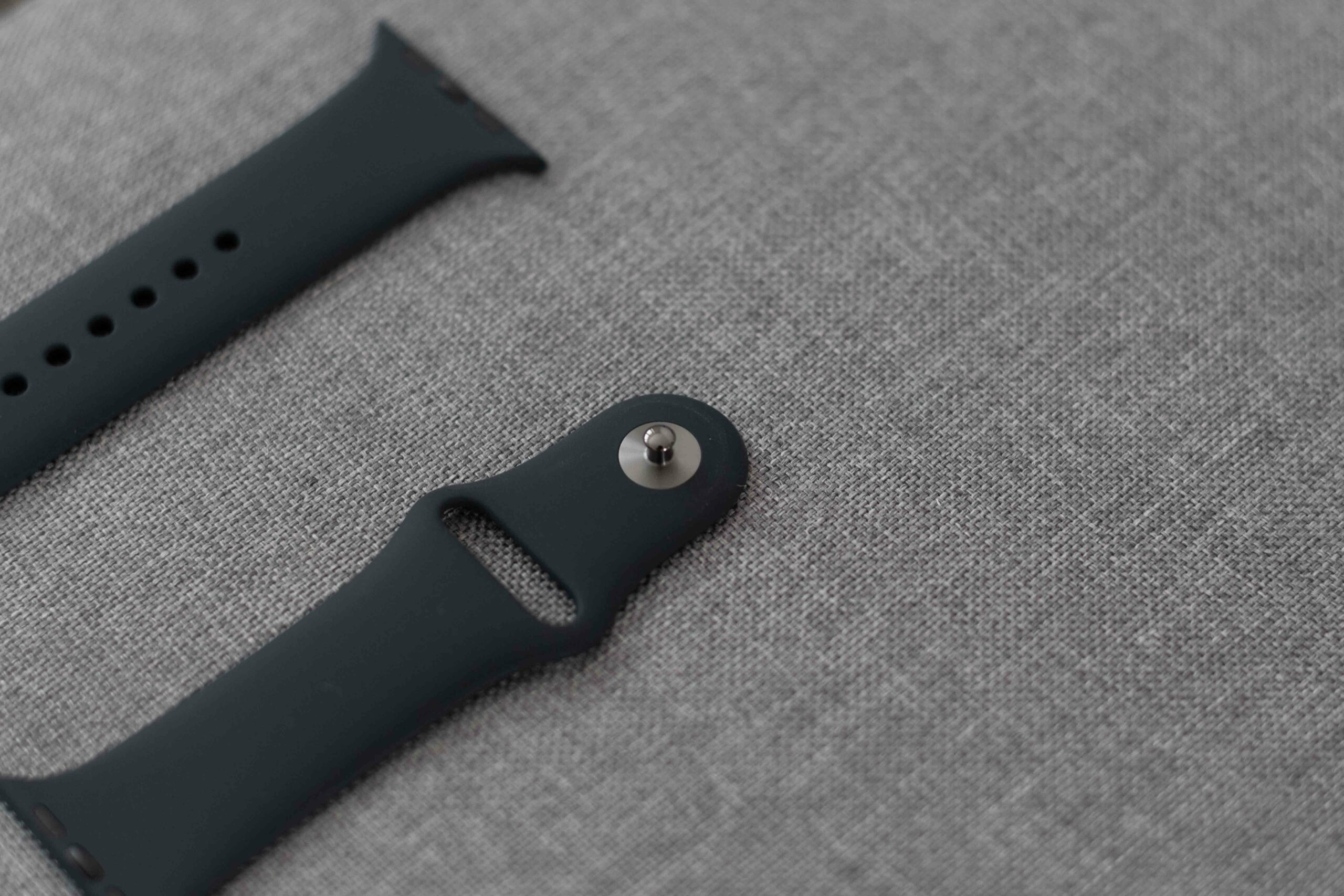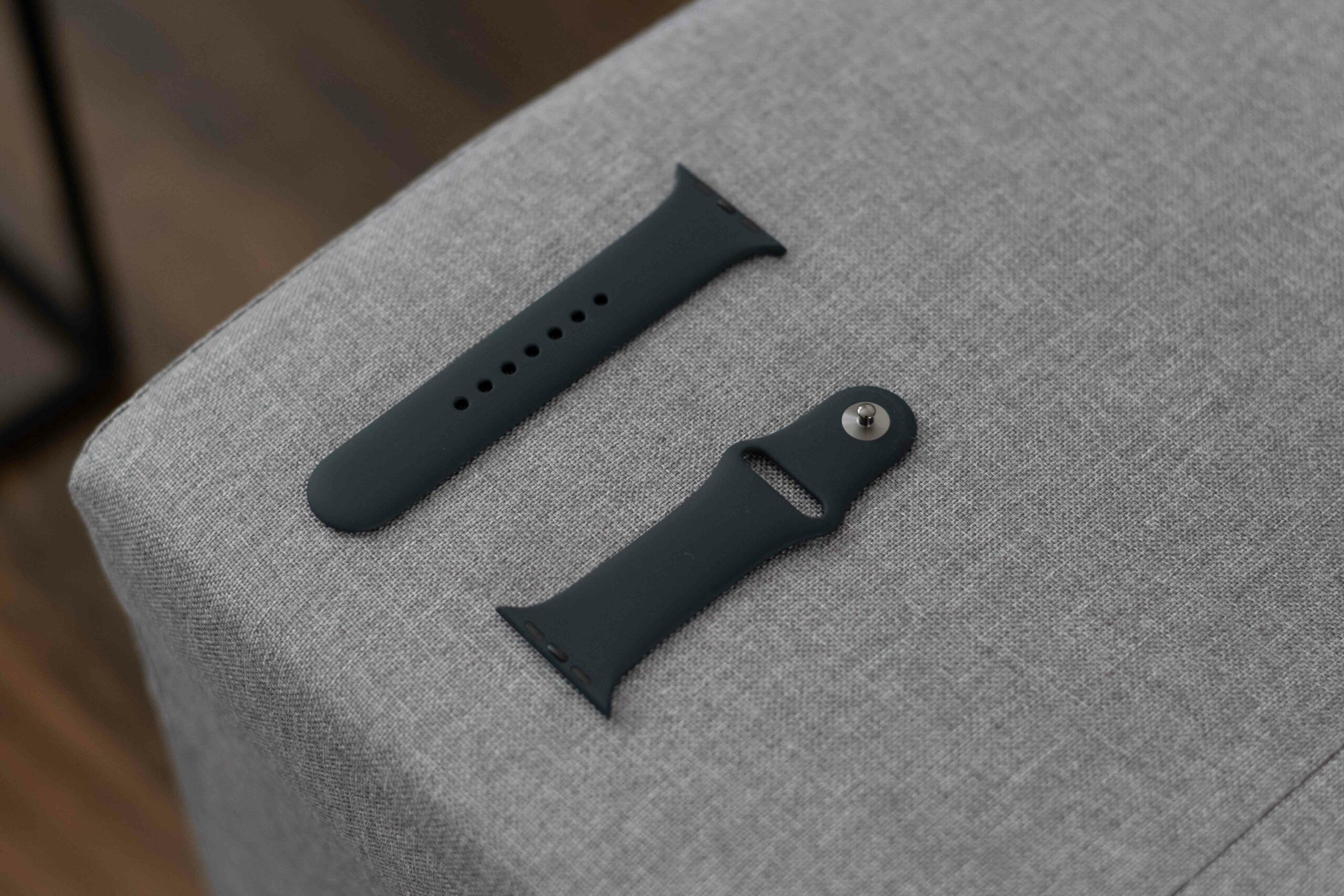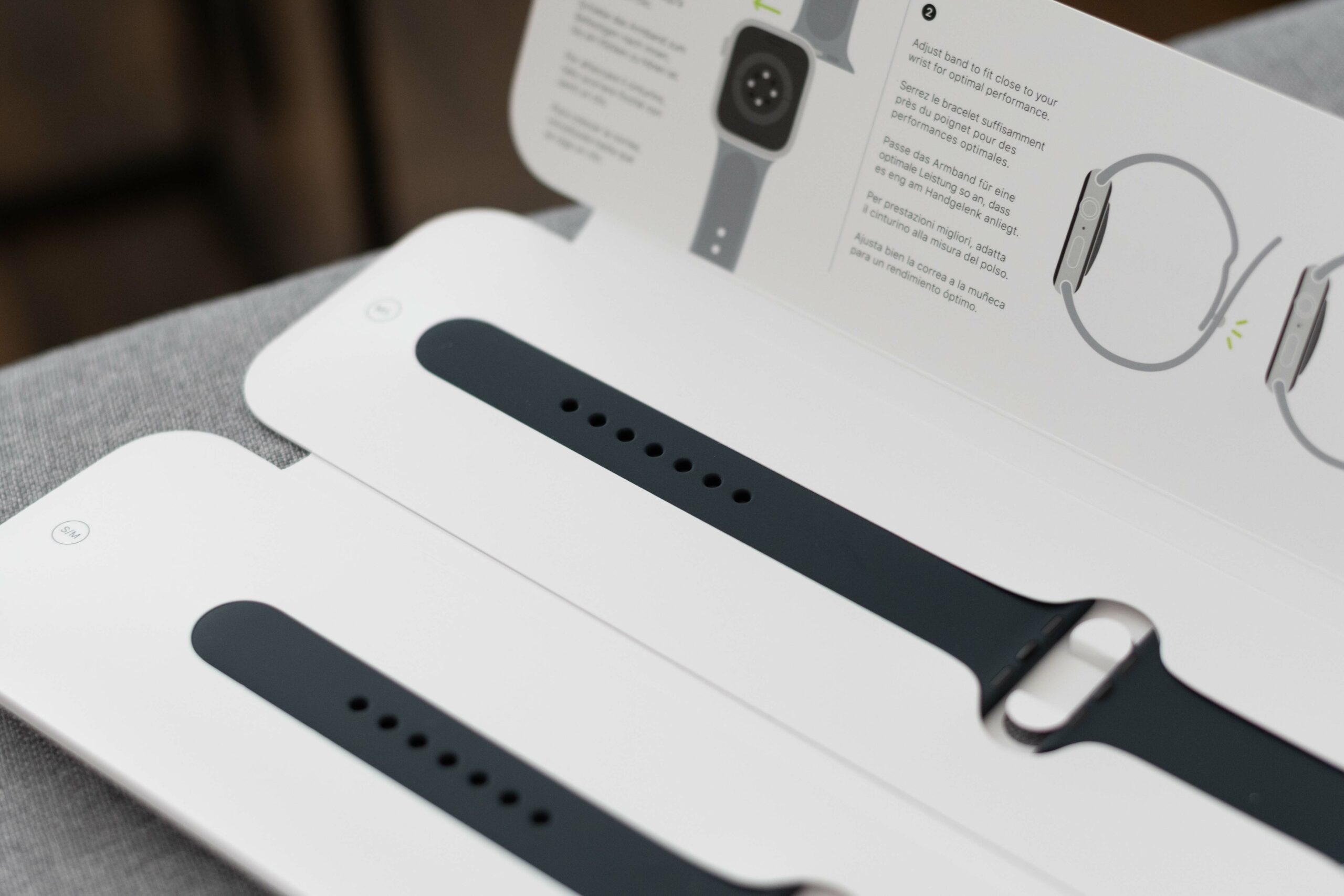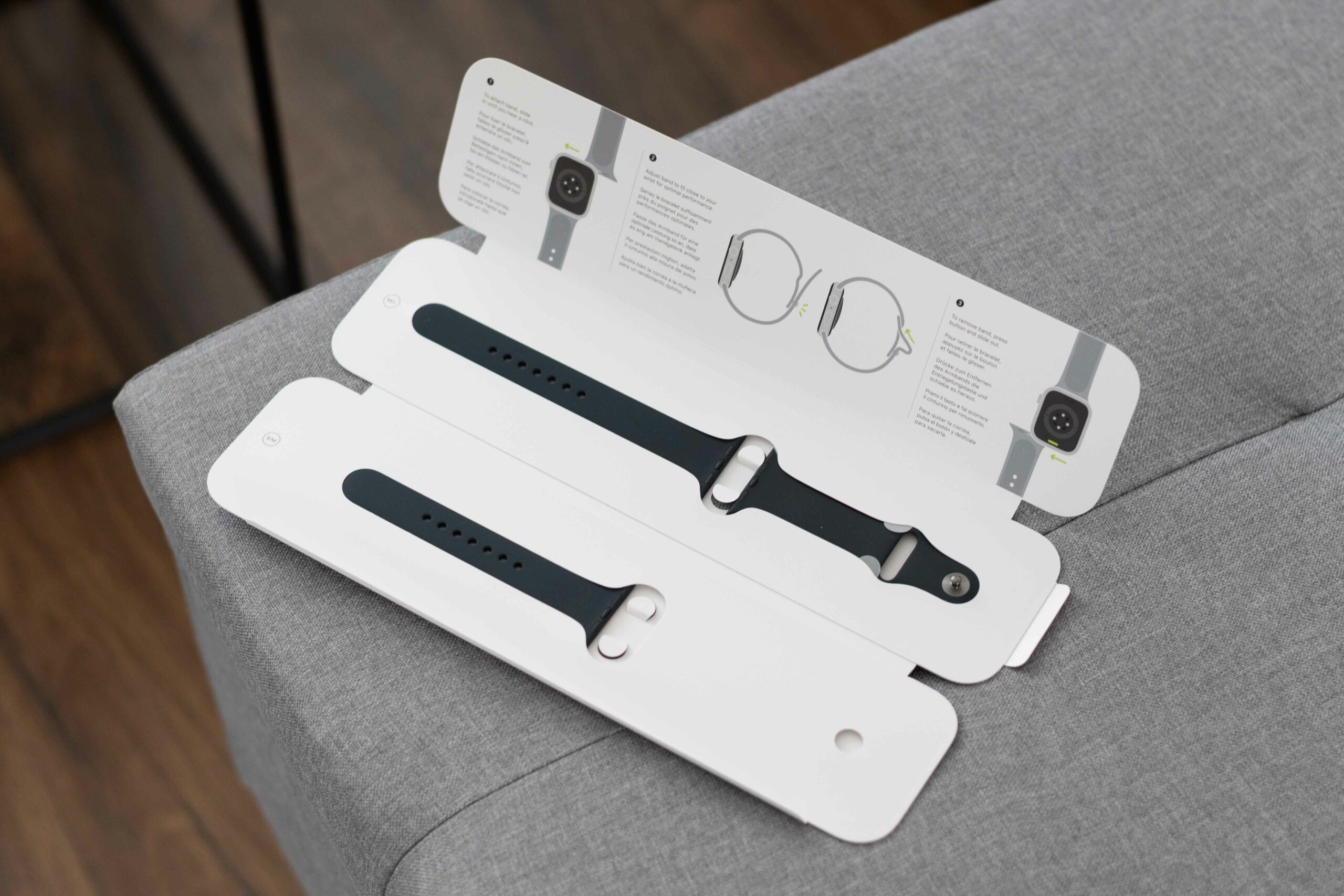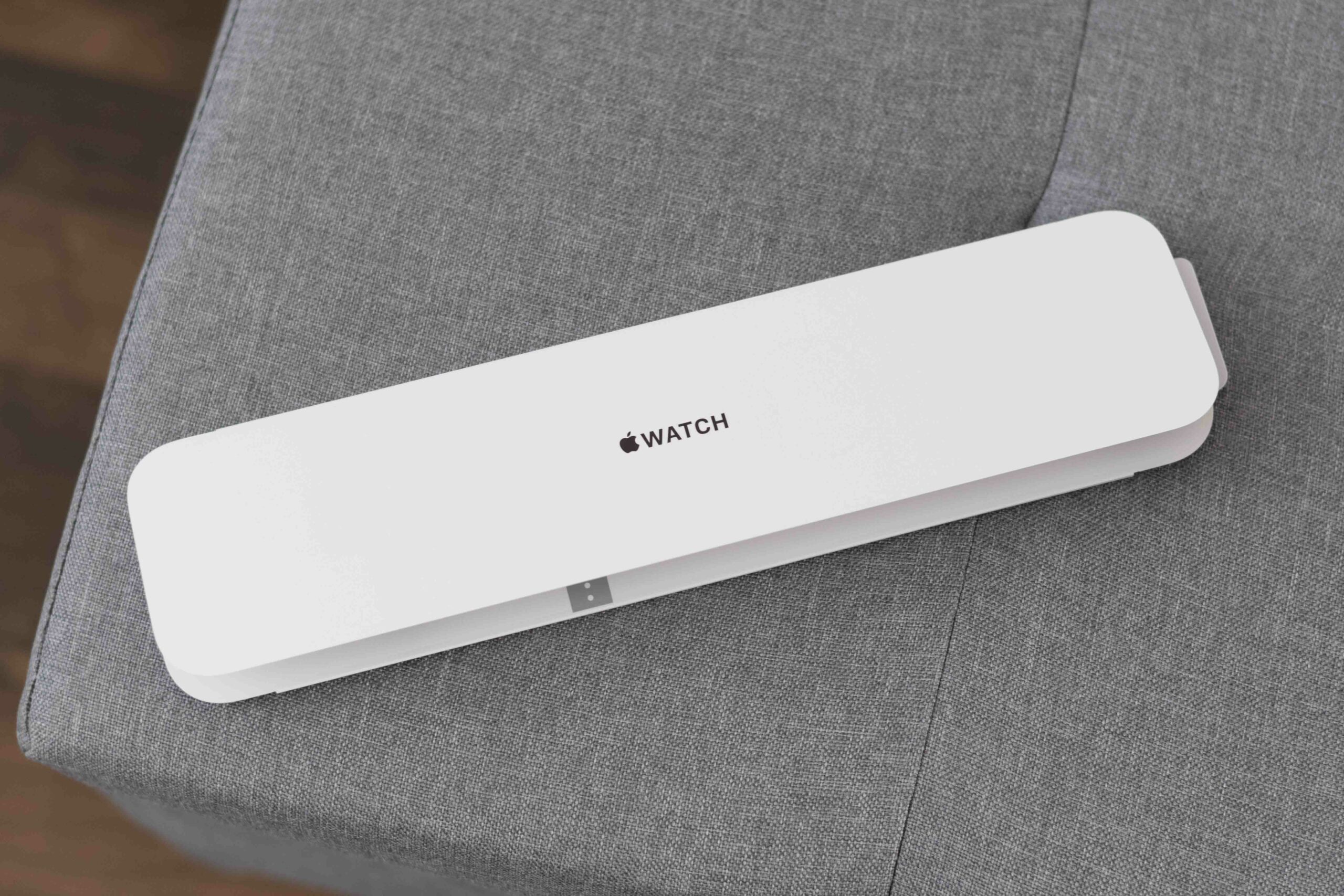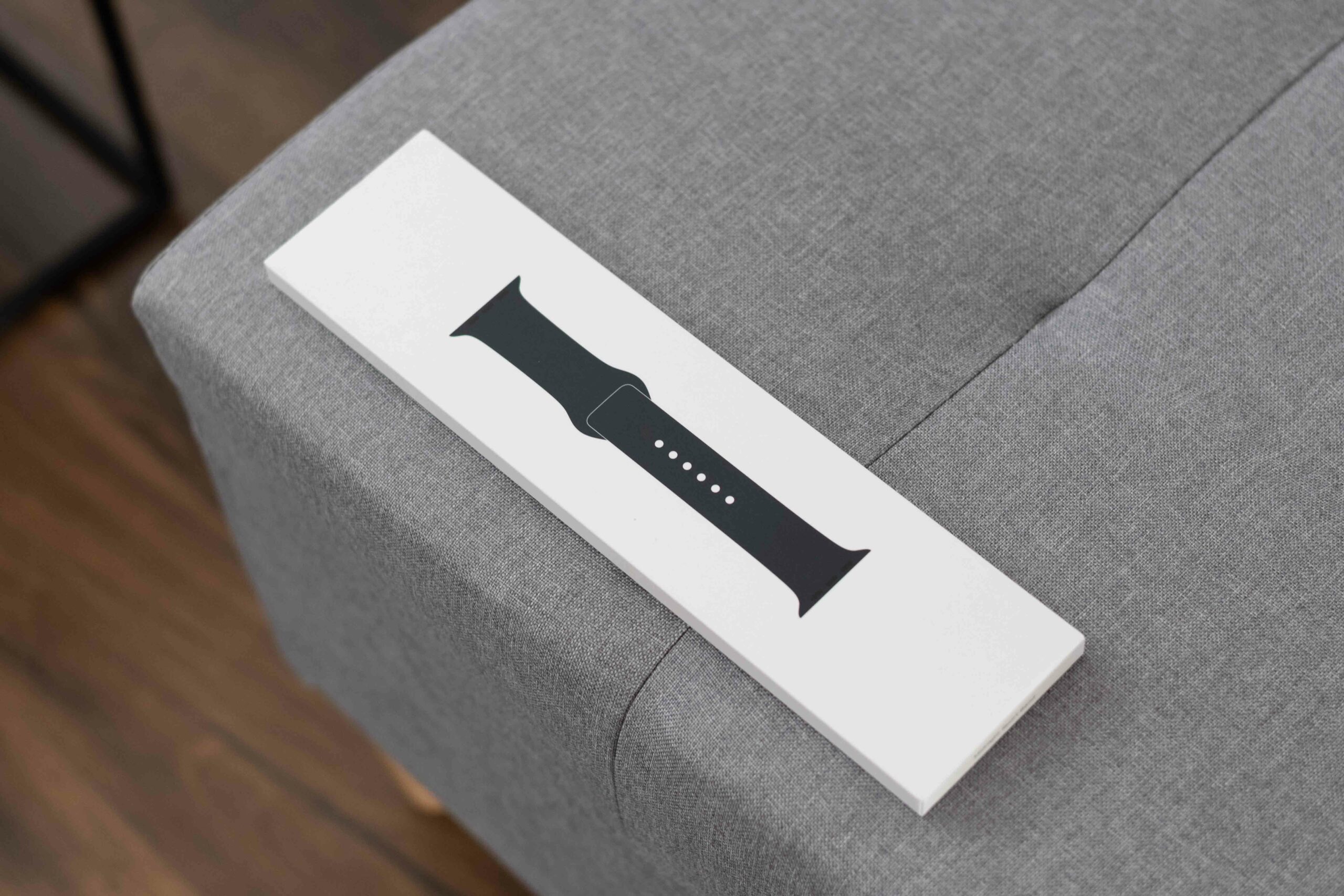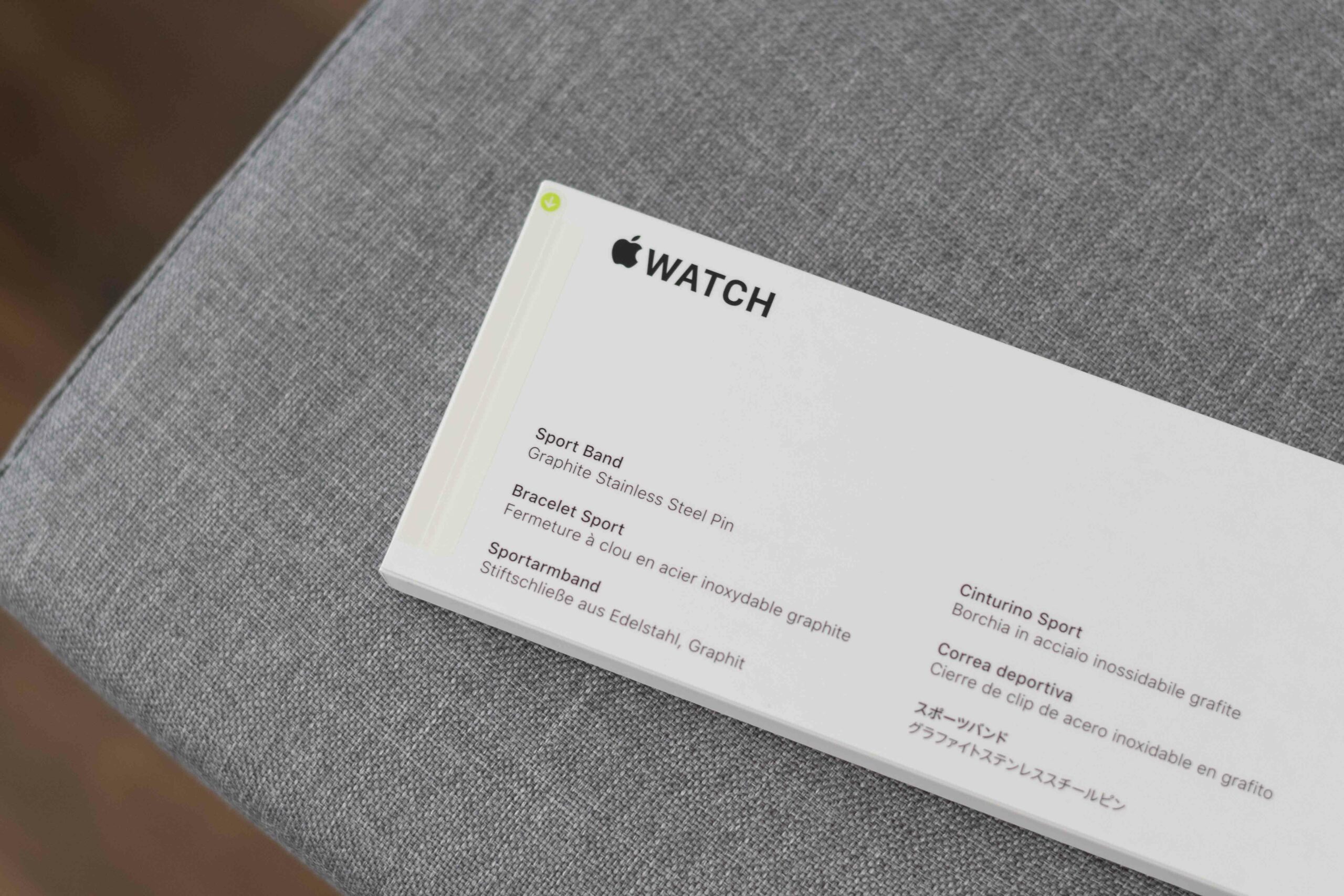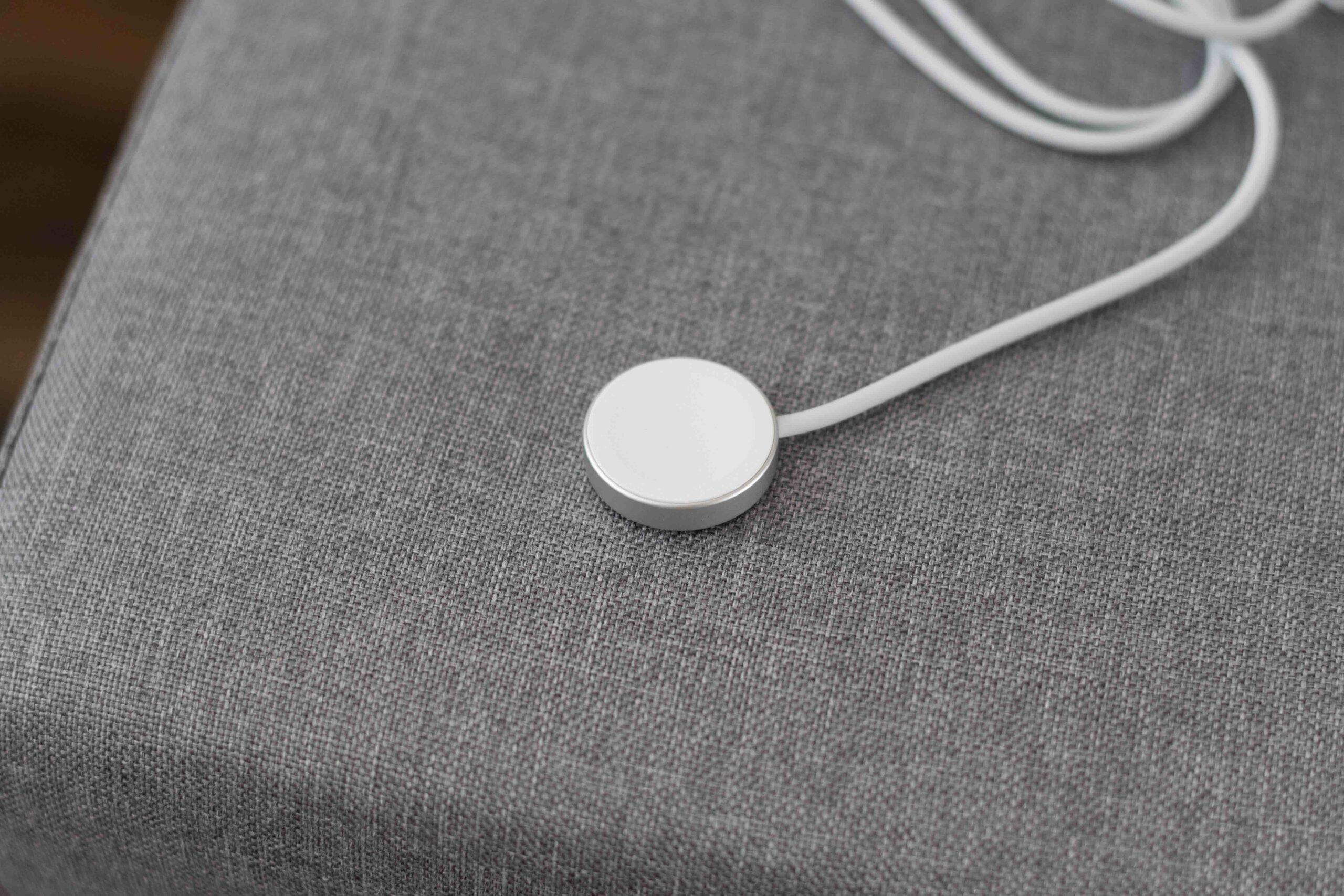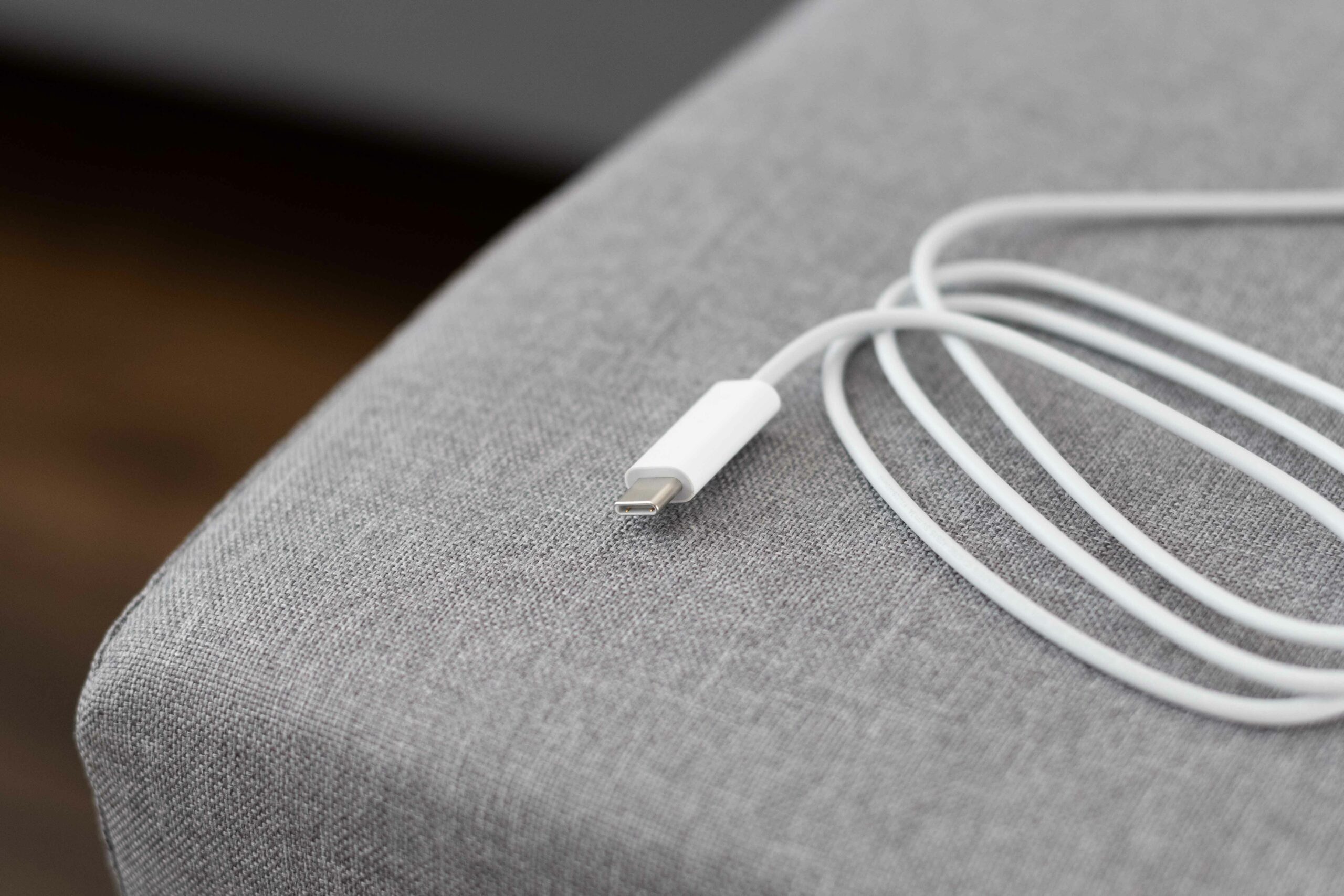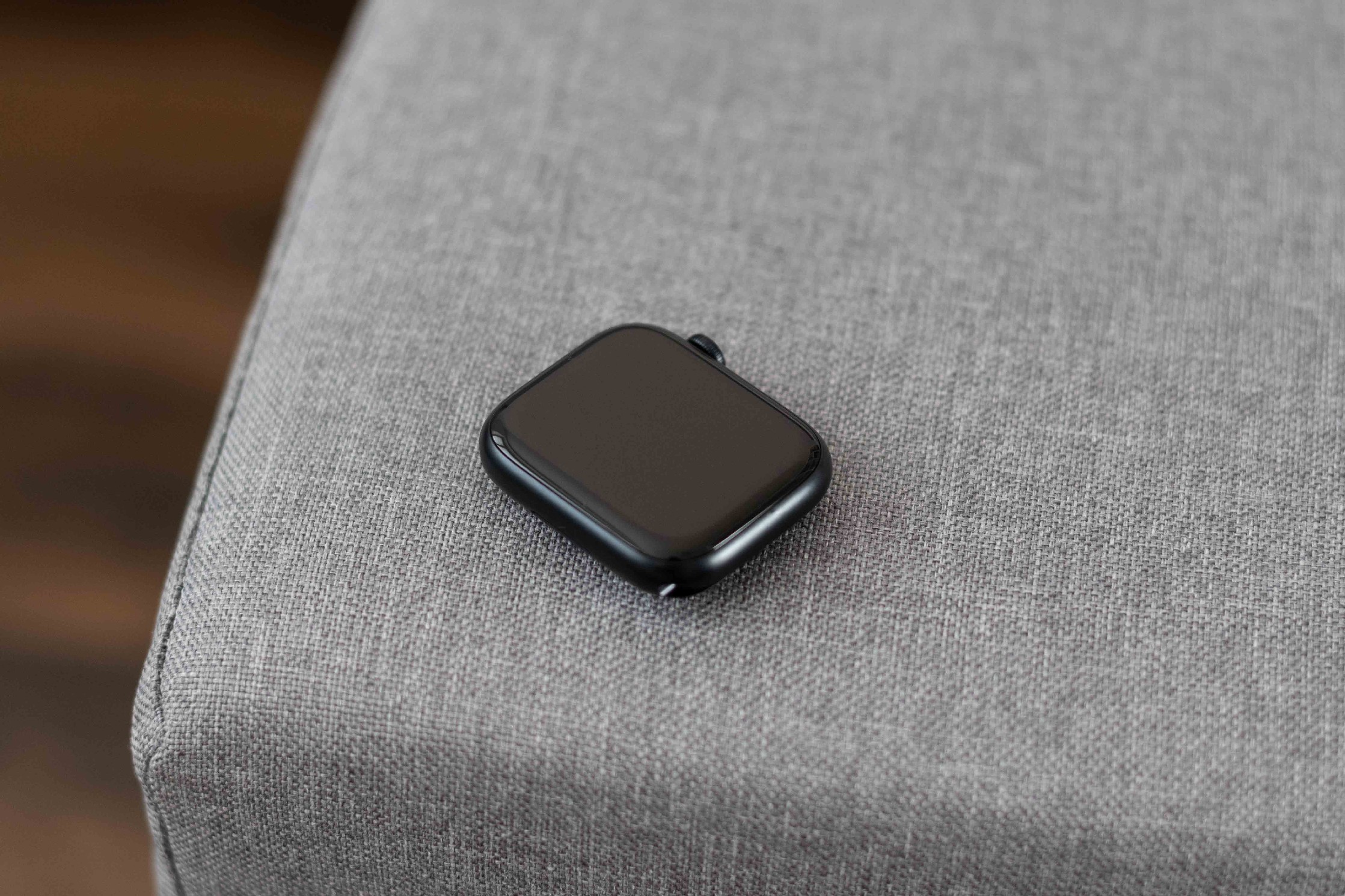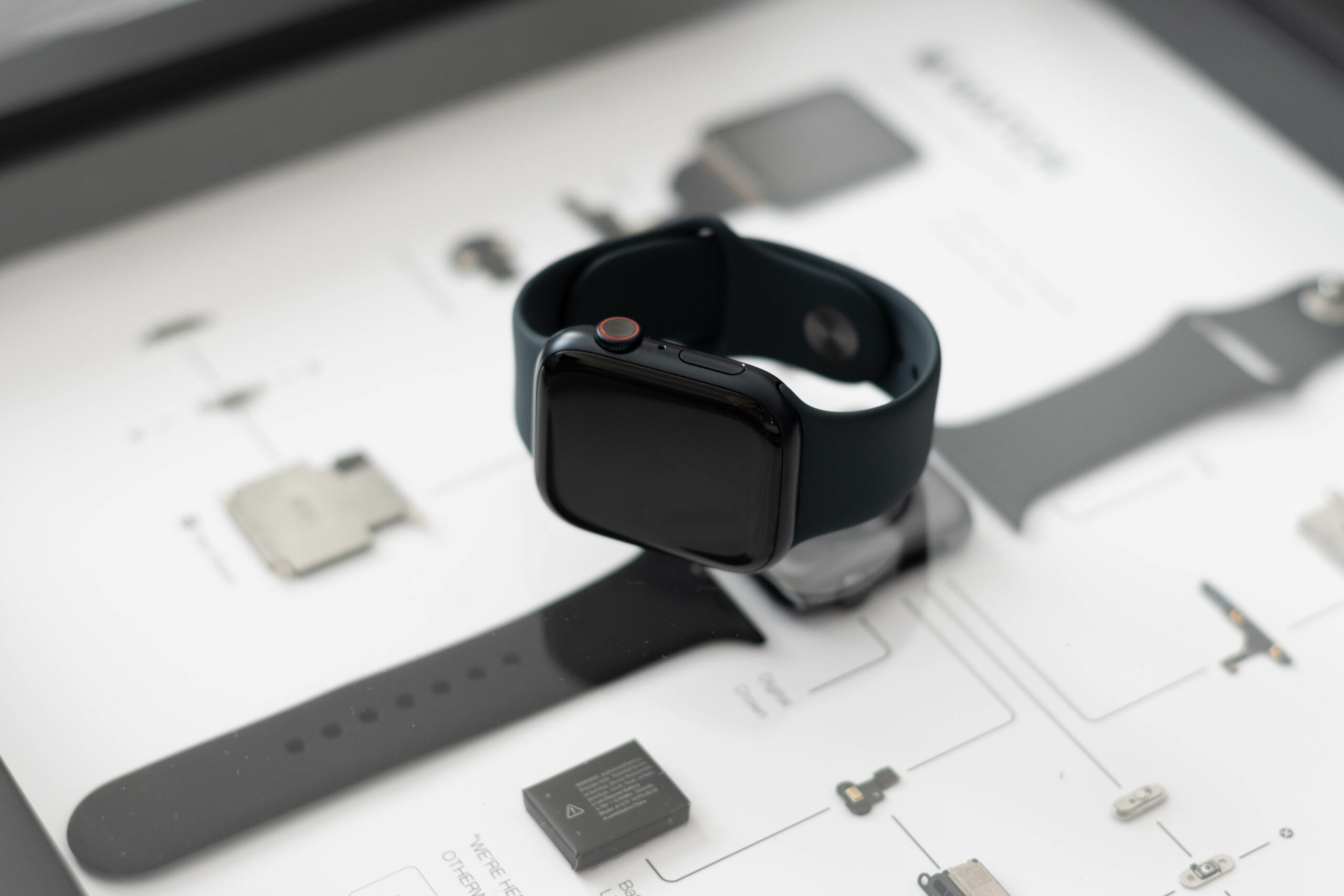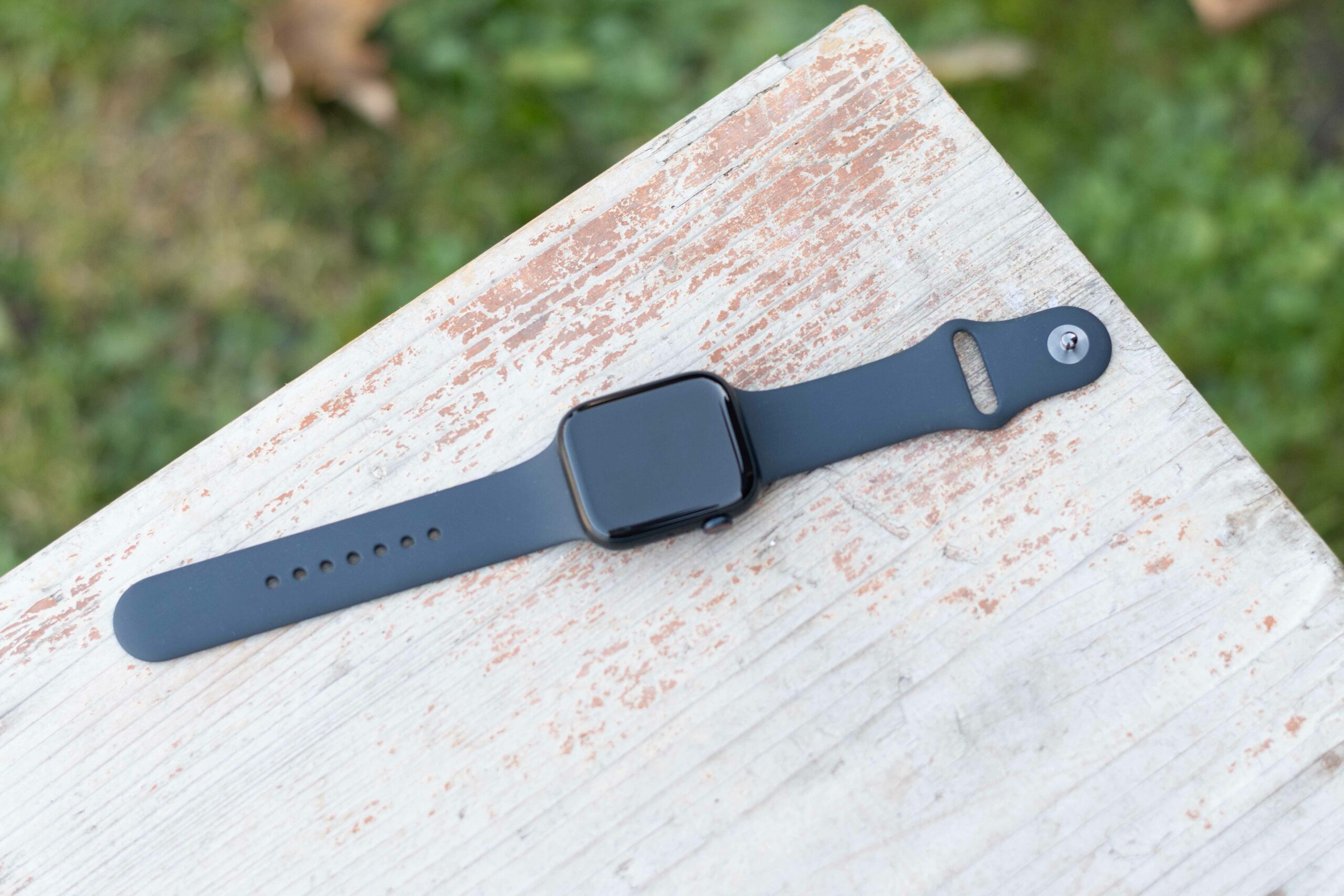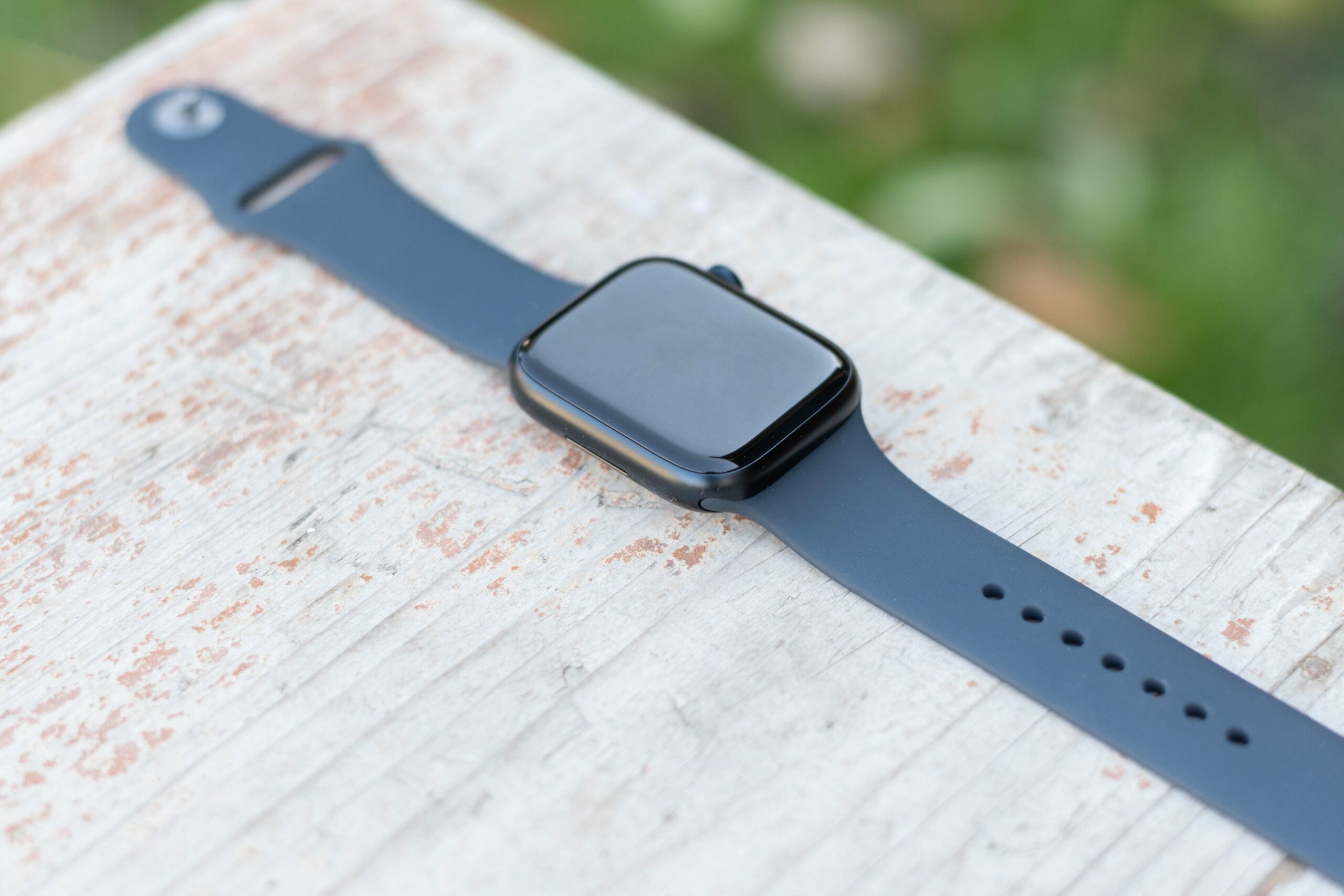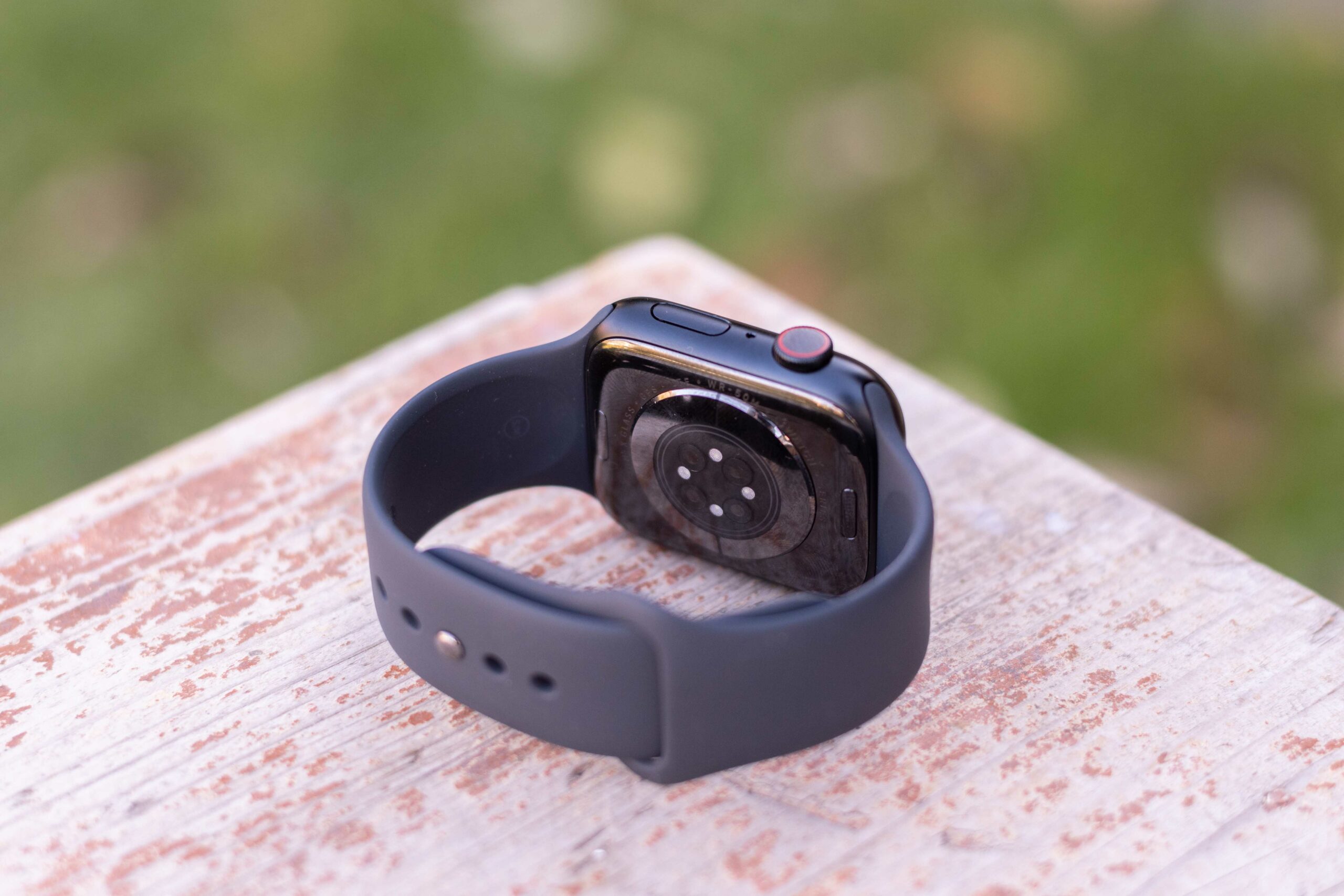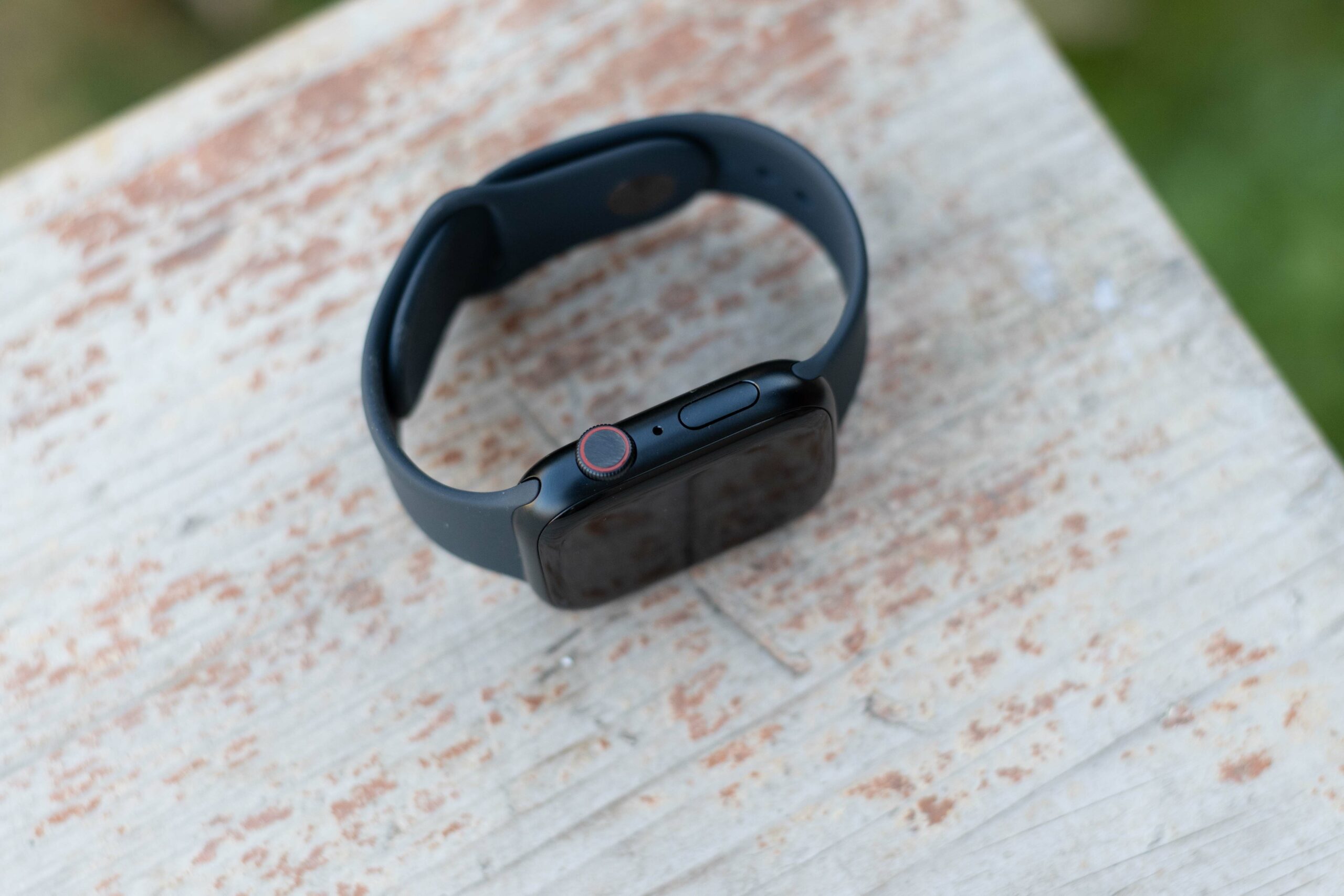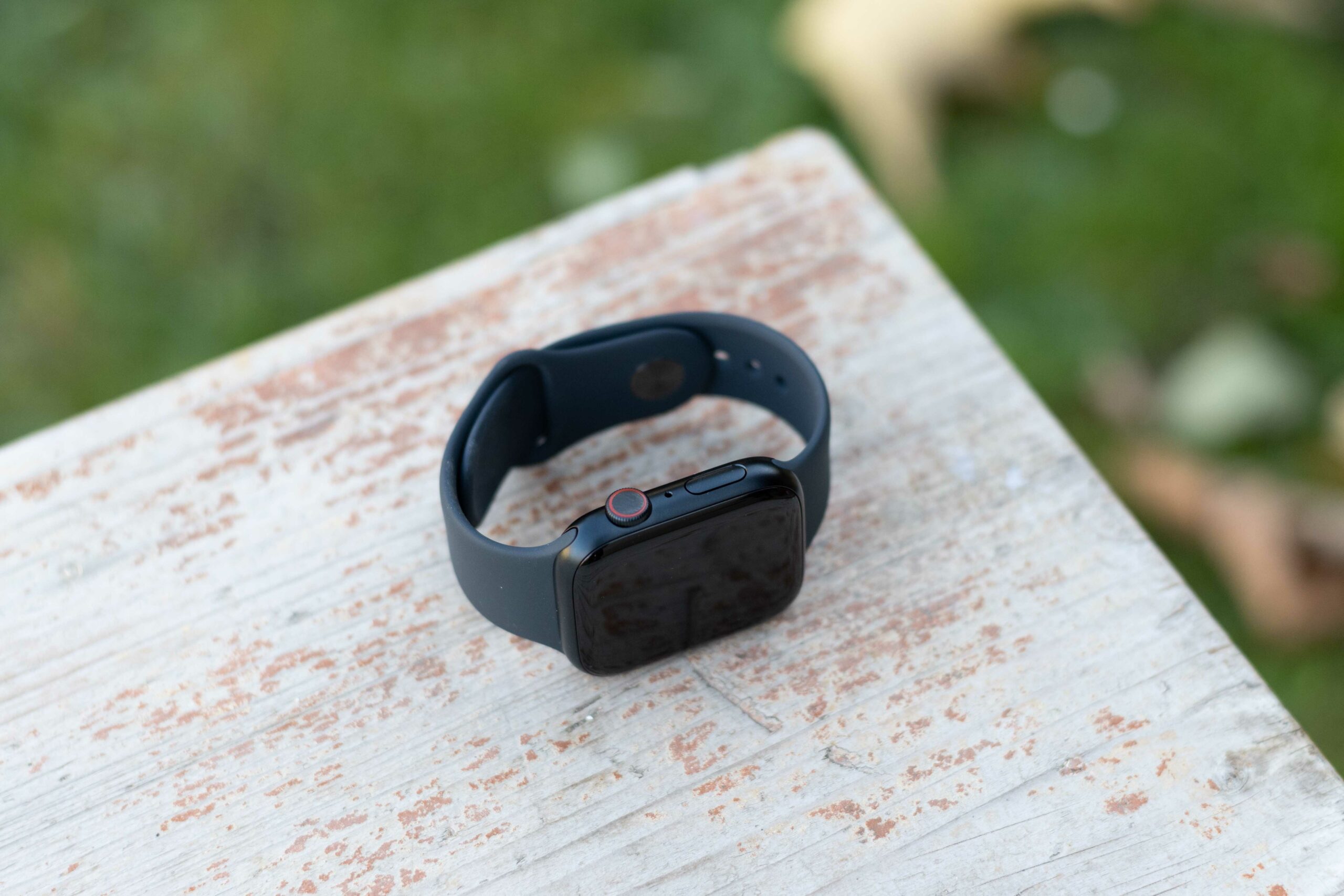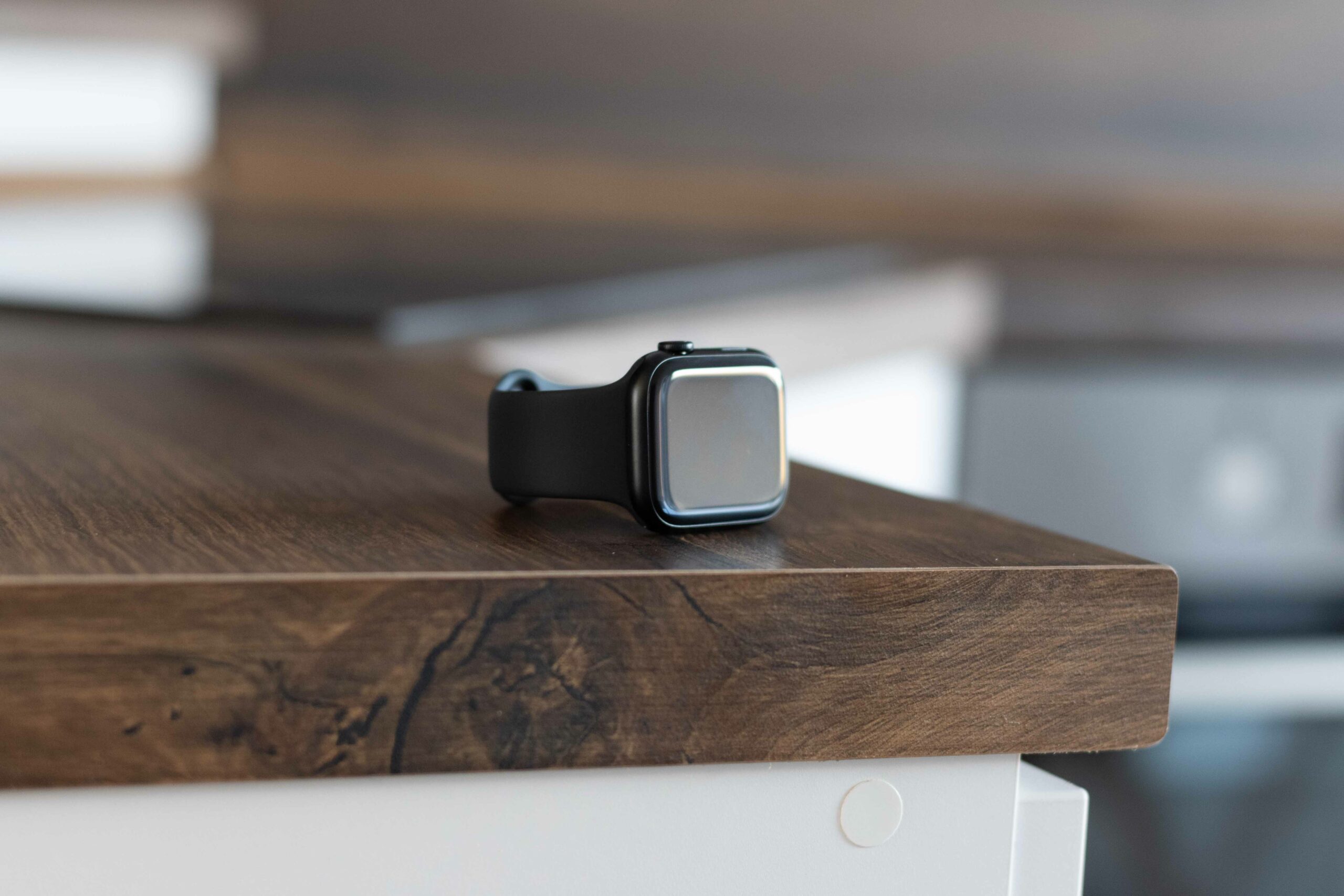Heart rate, EKG, blood pressure, blood oxygenation, steps, calories, sleep - these are just some of the functions that today's smart watches and bracelets can measure. Maybe you believe the data they measured, maybe you don't. But one thing is certain, modern technology really cares about our health, no matter how accurately it measures it.
Individual companies compete in how many functions their solutions provide, how many parameters they show the wearer, how many activities they can measure. With the passage of time, we already take them as part of our lives, i.e. a matter of course that we have on our hands today and every day. But are we concerned with their accuracy? No, we just trust them. We can certainly agree that the Apple Watch belongs to the top. And if they belong to the top, they must submit relevant data to us. Or not?
According to the Stronger by Science study, no. Researchers there took the Apple Watch Series 6, Polar Vantage V and Fitbit Sense to find that the trio of wearables measure up to nothing. And that was enough for them to focus on measuring calories while sitting, walking, running, cycling and exercising. The measured results from this trio of devices were then compared with the professional belt MetaMax 3B.
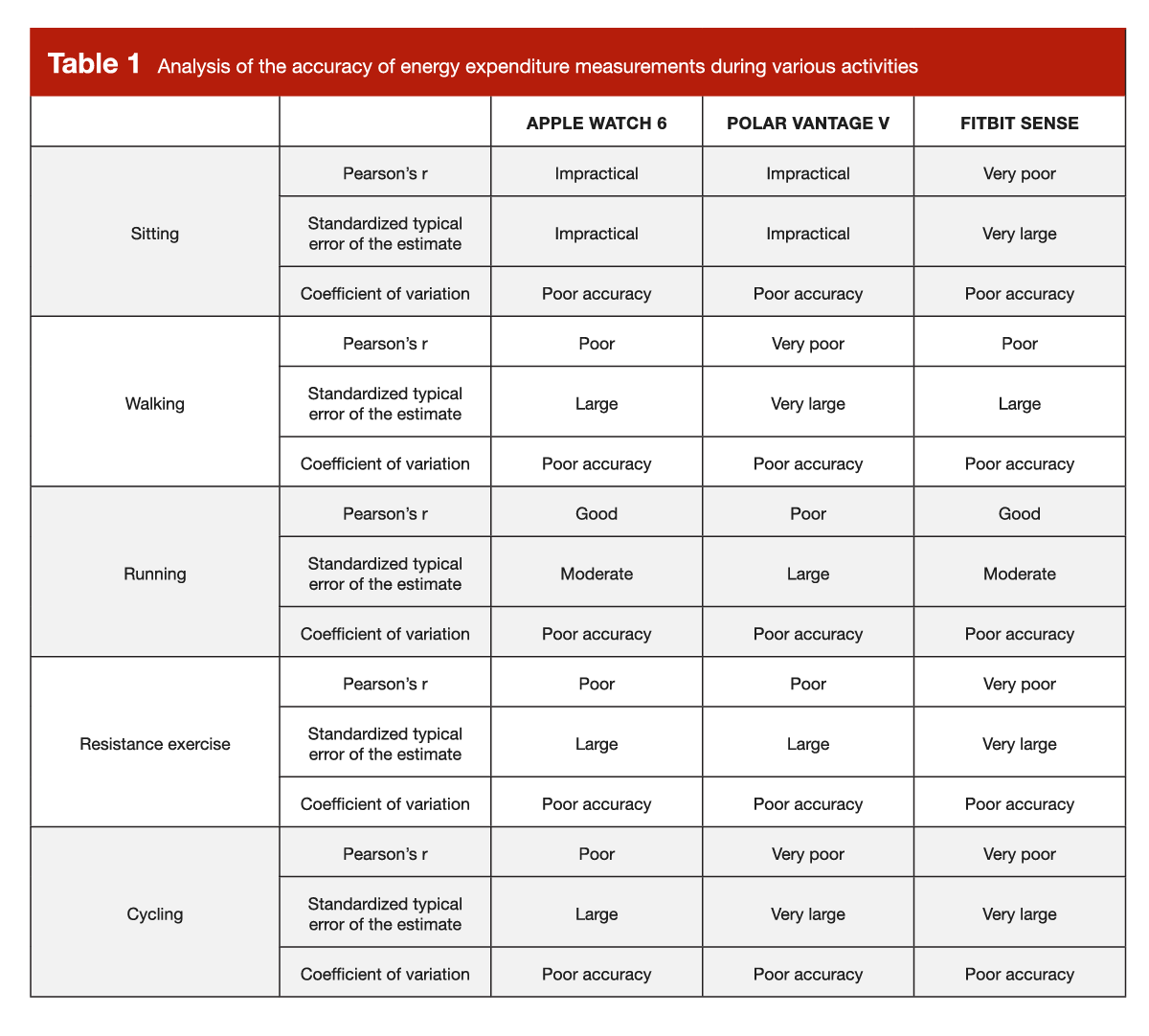
The result is that all devices measure very inaccurately. Moreover, this "inaccurate" measurement is not consistent at all, so it changes differently during the characteristics of the activities. The values measured for users with different energy output also varied a lot. 30 men and 30 women took part in the test, all of whom were between the ages of 22 and 27 with a BMI close to 23,1.
It could be interest you
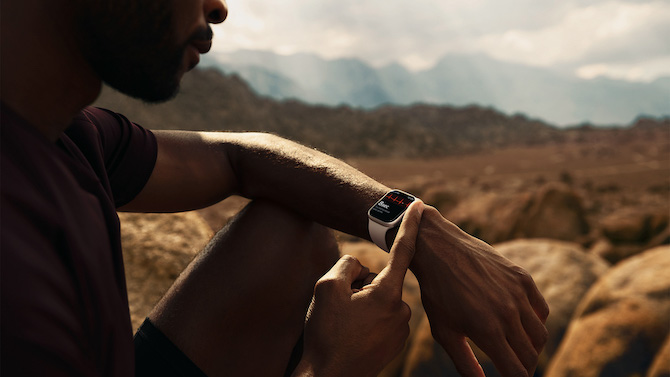
Is disappointment in order?
Commonly available fitness bracelets that you can buy start with a price tag of just a few hundred crowns. Smart watches then offer a greater price variance, which of course depends on which model and which manufacturer you go for. But if you don't go the truly professional route, you'll encounter surveying everywhere. It is therefore necessary to take into account the fact that these are affordable devices from which you simply cannot expect miracles, so their inaccuracy should not surprise or discourage you in any way.
Even if your wearability measures the worst, there's that element of motivation. Just choose a goal that you want to achieve every day and try to really conquer it. It doesn't really matter if it's 10 steps and you actually walk 9 or 11 to get the 10 in the device. The important thing is that it whipped you to move and actually do something for your health.
What about the doctors? If you show them the measured metrics, they will certainly be able to take what they need from it. In the end, it can be a win-win for three parties involved - the manufacturer, because he sold you his device, you, because the device can motivate you to activities, and for the doctor, who has less work thanks to your active lifestyle.
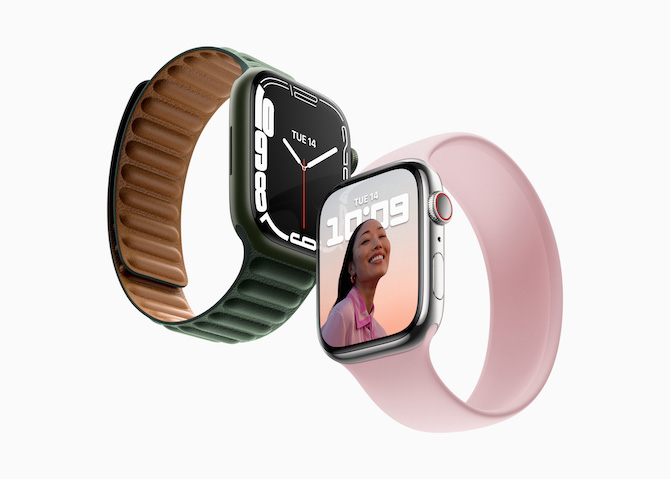
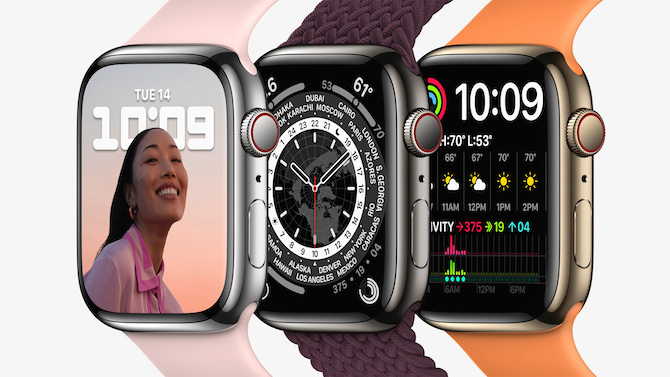
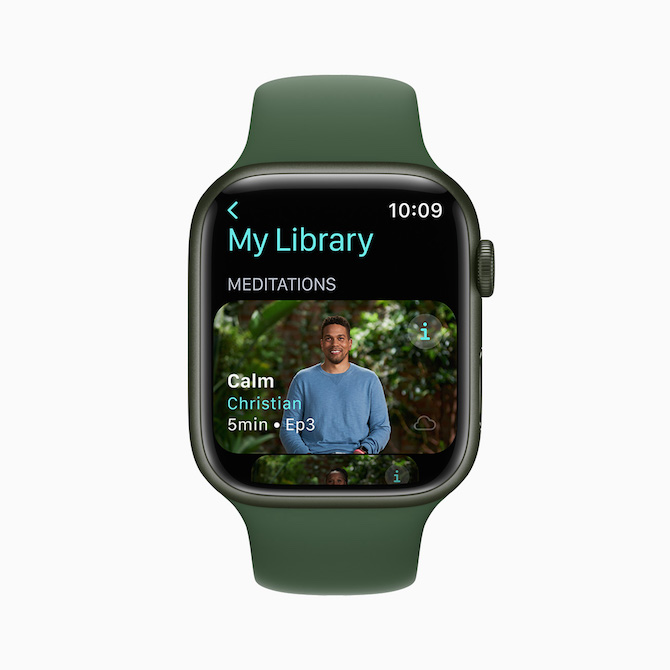
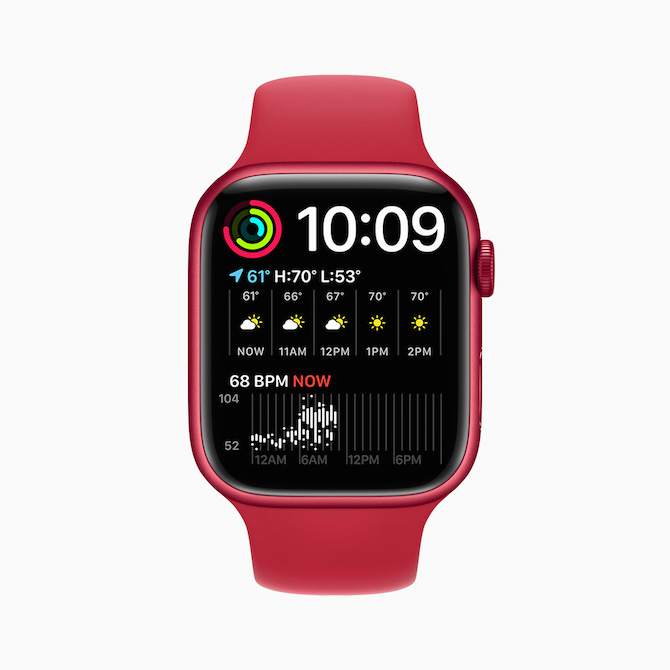
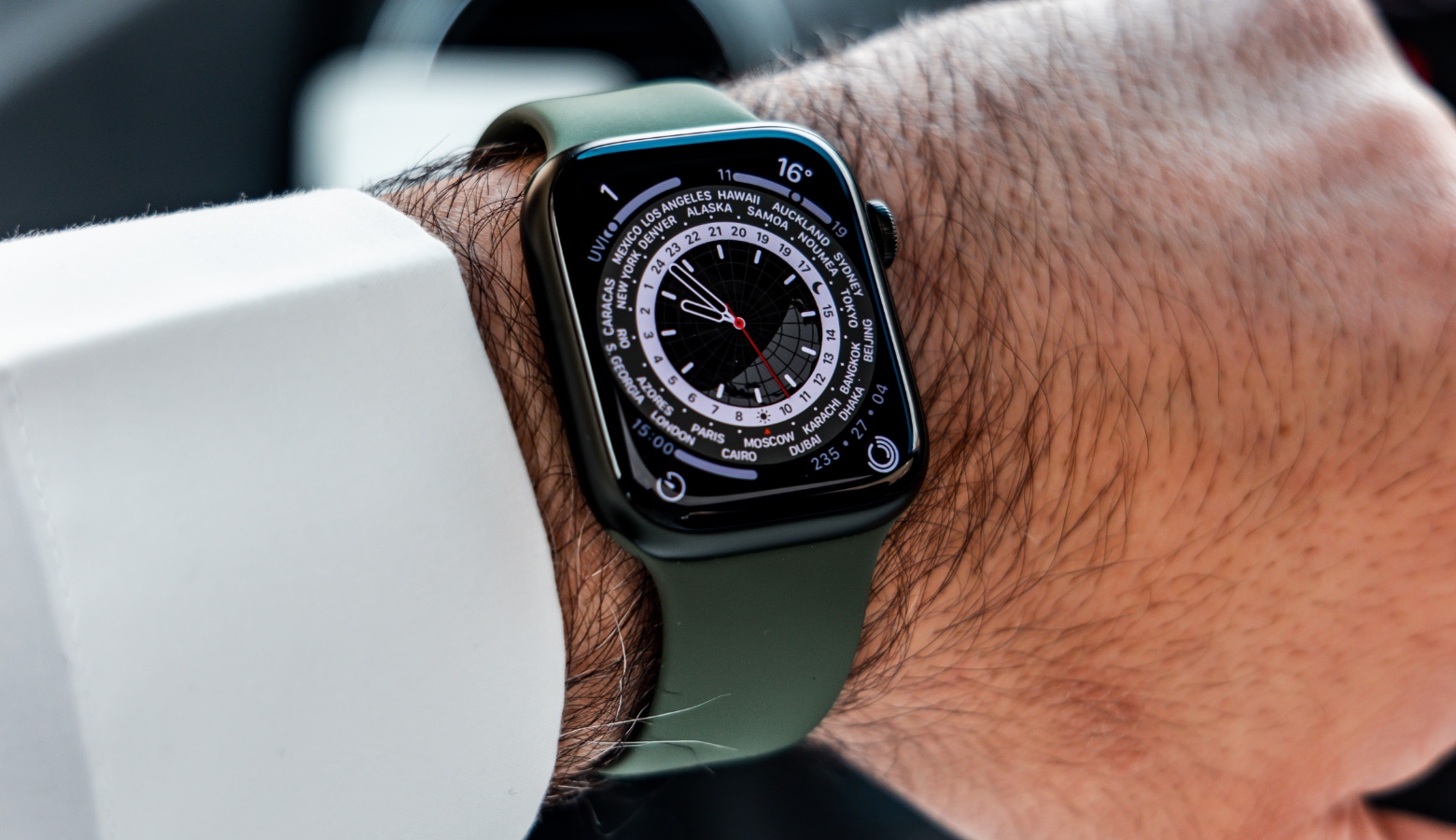
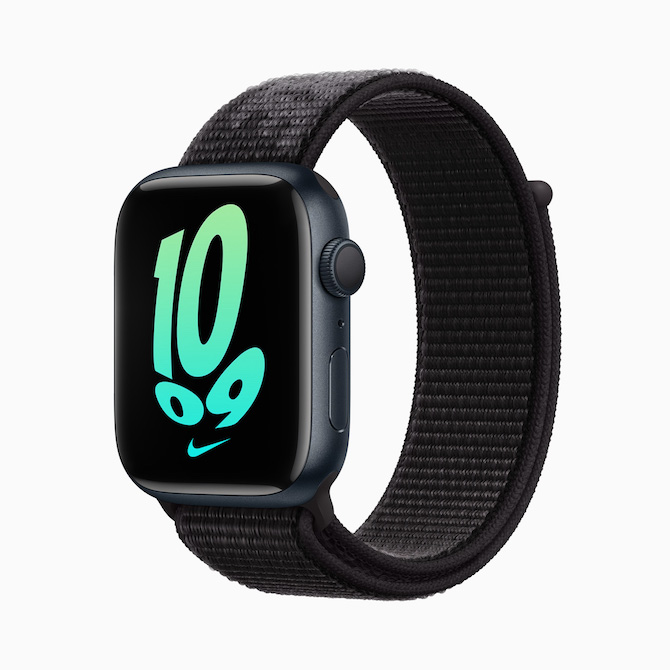
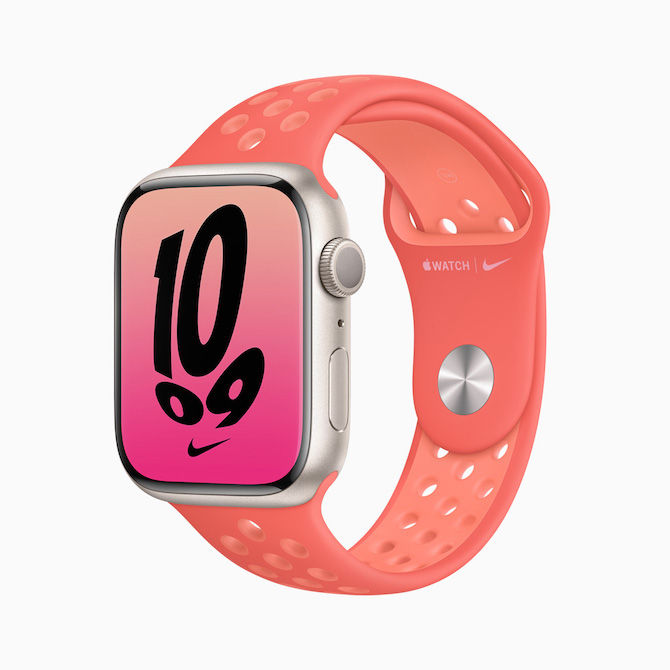
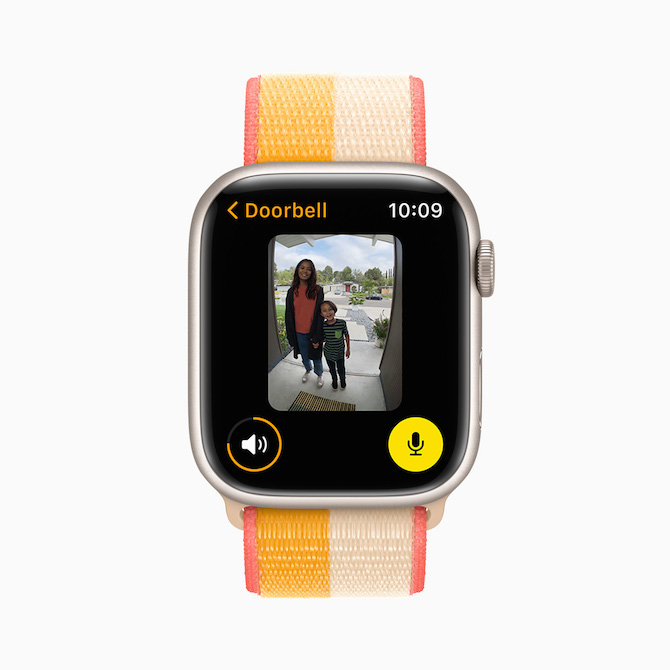
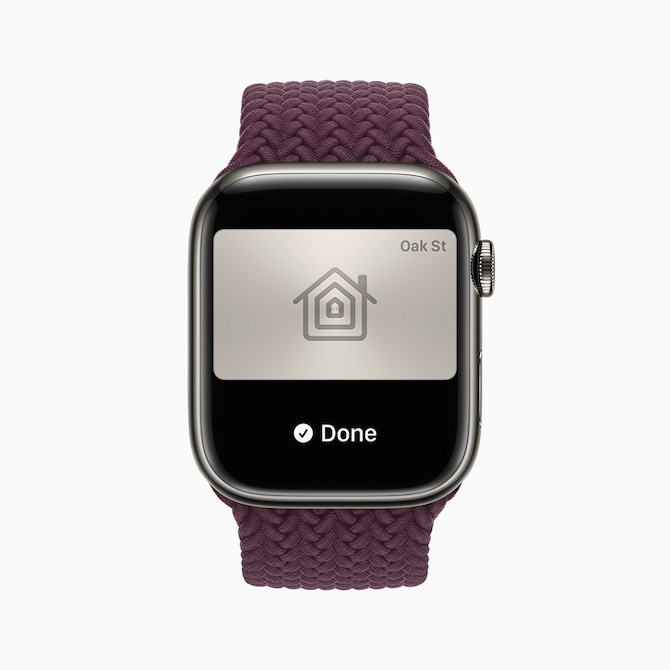
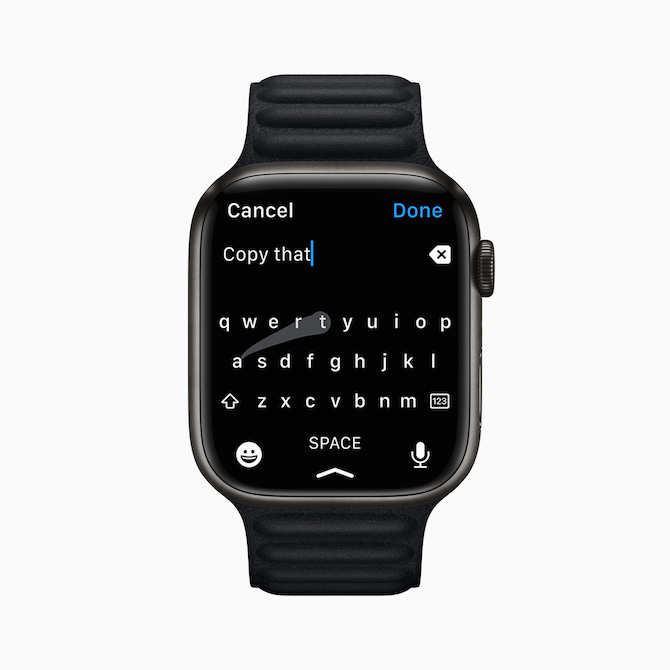
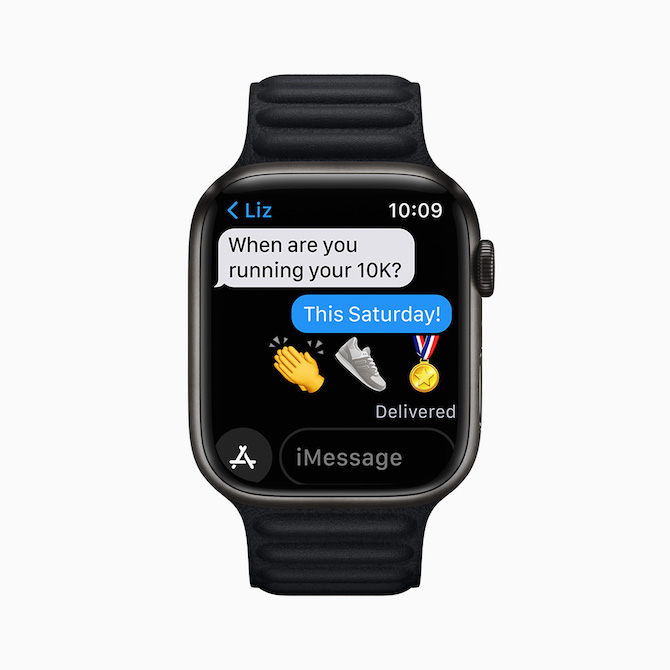
 Adam Kos
Adam Kos 